Why Is My Dog Coughing?
Coughing in dogs can happen for many reasons. Infections, like kennel cough, a highly contagious disease, are a common cause. Another potential reason is allergies. Just like people, dogs can react to dust, pollen, and smoke.

Heart disease or lung issues might also lead to coughing. It’s important to keep an eye on how often the dog is coughing. If it becomes constant, visiting a vet for a proper diagnosis and treatment plan is wise.
What Makes Dogs Cough?
Signs and Symptoms
A coughing dog may show different signs. A dry cough sounds harsh and honking, while a wet cough might have a gagging noise. He may cough more when active or excited. Other signs include nasal discharge, sneezing, and wheezing. Always watch for changes in appetite or energy levels, as these can indicate a more serious problem.

It’s crucial to note the frequency and timing of any coughing episodes. A persistent cough or one that worsens over time requires veterinary attention. Prompt care can prevent complications.
Common Causes
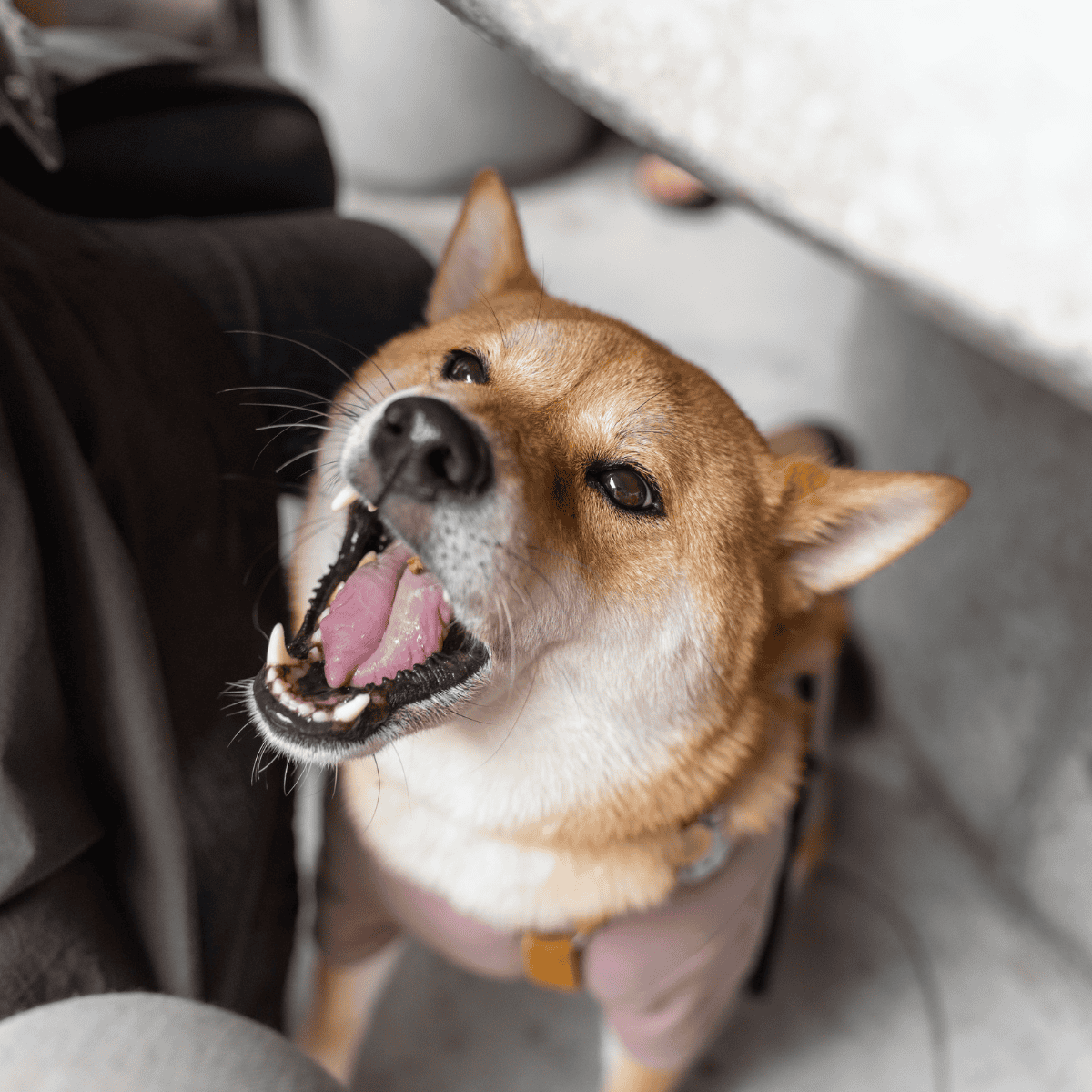
Many factors can lead to a dog coughing. Kennel cough, or bordetella, is highly contagious among dogs and spreads in places like kennels. Dogs can also suffer from heart disease, which may result in coughing due to fluid buildup in the lungs. Allergies to pollen, dust, or smoke are another cause.
Parasites like heartworms or lungworms can infect and irritate the respiratory system. Environmental irritants, such as cigarette smoke or strong smells, may also trigger a cough. Checking for these factors helps identify what might be causing the issue.
Types of Coughs
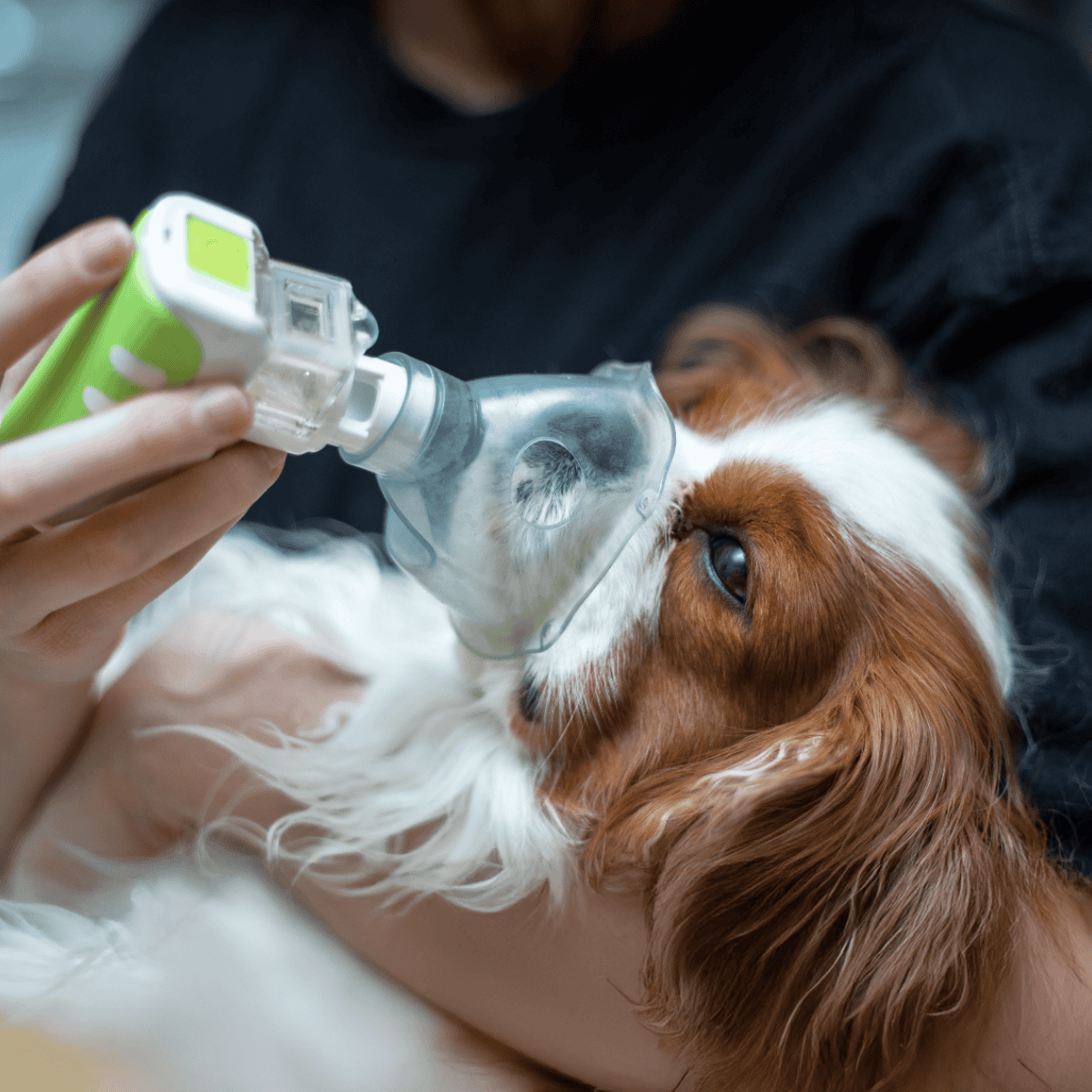
Different types of coughs can point to different problems. A dry cough is often linked with kennel cough or tracheal collapse. A wet, productive cough might suggest pneumonia or heart disease.
Dogs with allergies typically have a coughing fit that is more persistent and may worsen seasonally. Hacking coughs are sometimes observed in dogs with asthma. Each kind of cough has unique sounds and patterns that can guide diagnosis. Noting these details is essential for effective treatment.
Infectious Diseases Leading to Cough
Coughing in dogs can be caused by several infectious diseases that affect their respiratory systems. These include canine infectious tracheobronchitis, canine influenza, and pneumonia. Each of these conditions causes coughing through different mechanisms and may require specific treatments.
Canine Infectious Tracheobronchitis
Canine infectious tracheobronchitis, also known as kennel cough, is a common disease that leads to coughing in dogs. It’s highly contagious and often spreads in areas with many dogs, like kennels and dog parks.
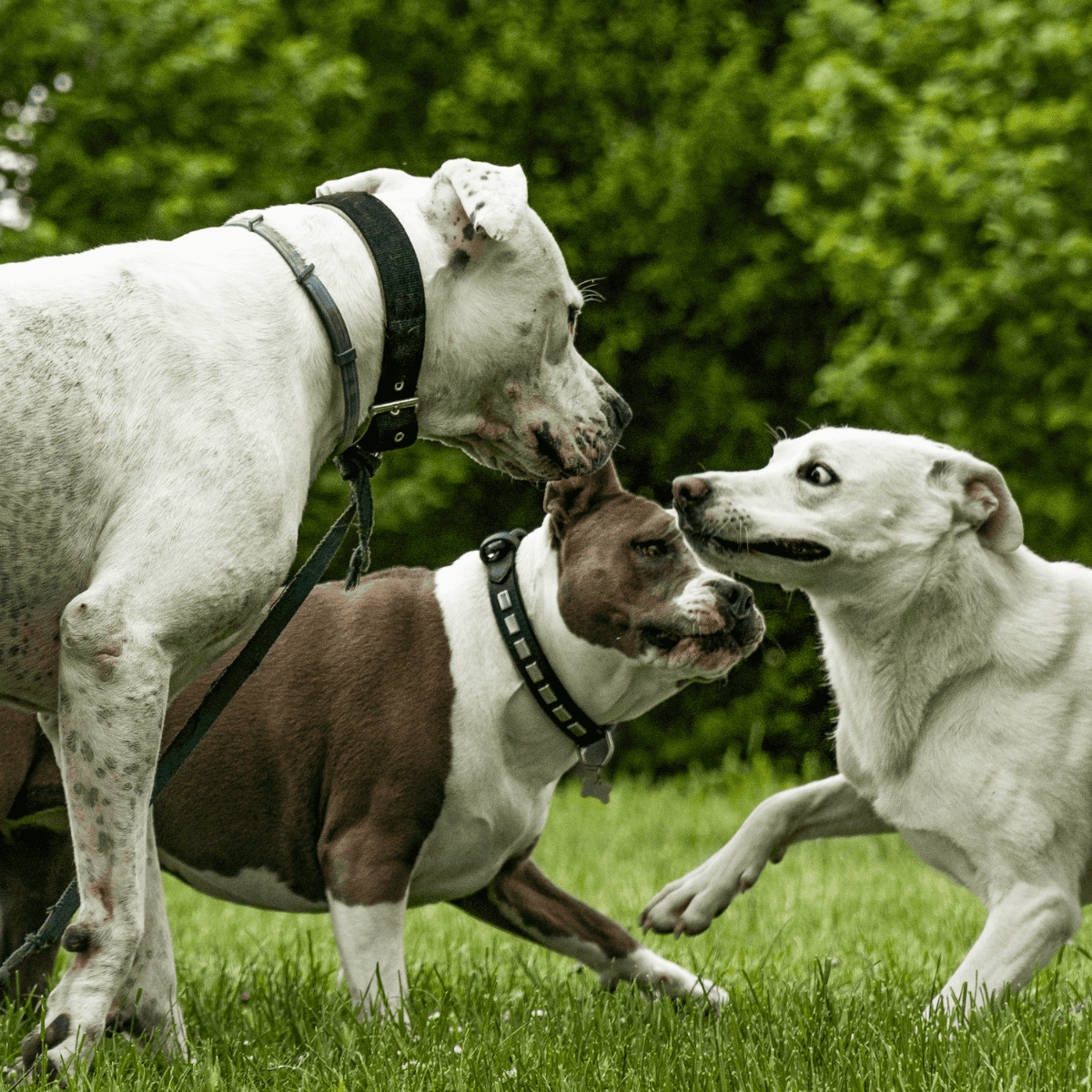
The disease is caused by a combination of viruses and bacteria, especially the bacterium Bordetella bronchiseptica. Symptoms include a dry, hacking cough, which can sound like a honk.
Most dogs recover with supportive care and rest. Vaccines are available to help prevent it, which is particularly important for dogs that are frequently around other dogs. Regular vaccination can decrease the risk of developing severe symptoms.
Canine Influenza
Canine influenza, or dog flu, is another infectious disease leading to coughing. This virus is similar to the human flu and can spread easily in environments with closely housed animals.
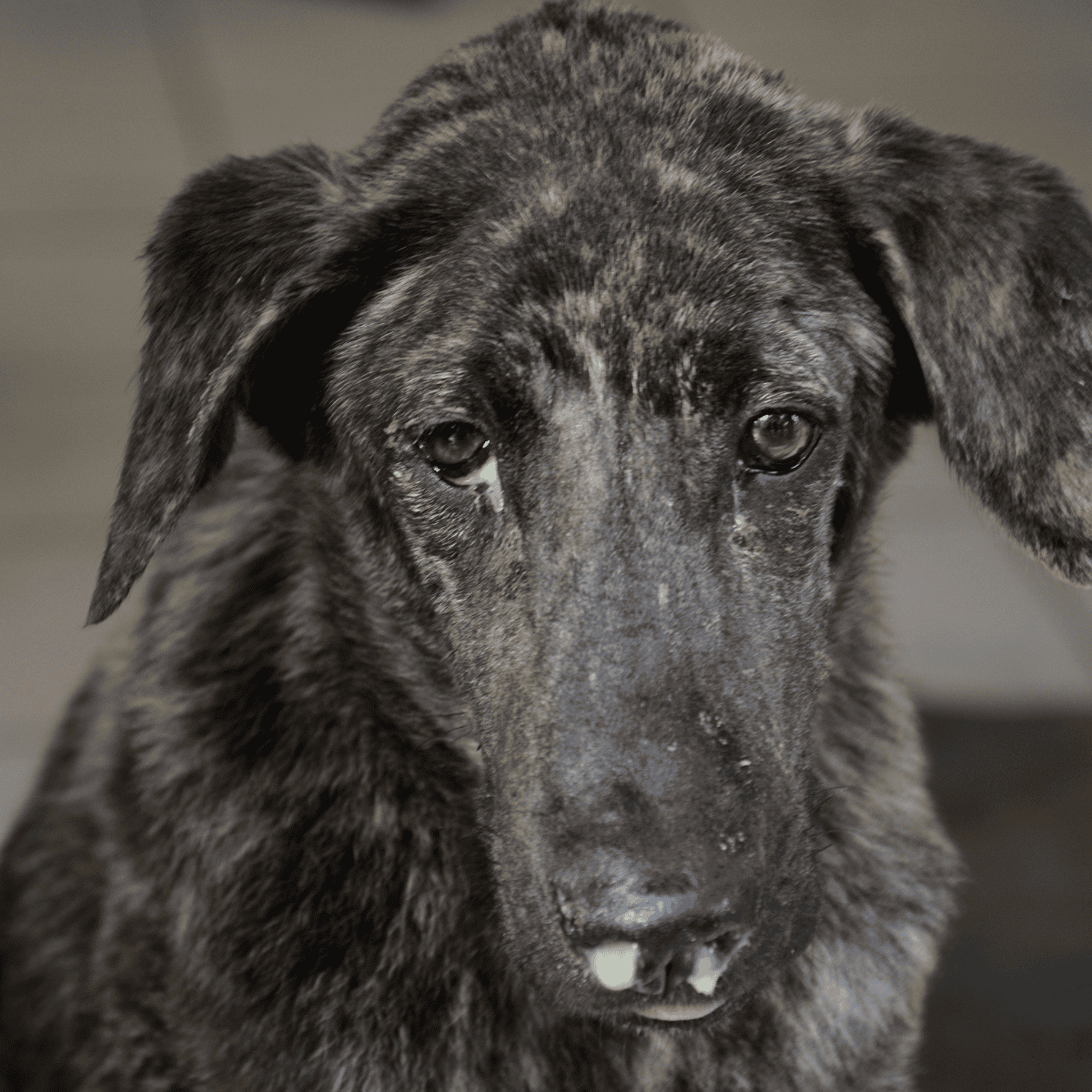
Symptoms include coughing, sneezing, and a runny nose. Infected dogs may also show decreased appetite and fever. The illness can range from mild to severe.
Vaccination is available and recommended, especially if the dog visits boarding facilities or participates in dog shows. Infected dogs should be isolated to prevent spreading the virus to others.
Pneumonia
Pneumonia in dogs is an infection of the lungs and can cause severe coughing. This condition may arise from bacteria, viruses, or other pathogens. Dogs with weakened immune systems or those recovering from respiratory infections are at higher risk.

Symptoms include not only coughing but also difficulty breathing, lethargy, and fever. Diagnosis typically requires chest X-rays and blood tests.
Treatment involves antibiotics for bacterial pneumonia and supportive care. It’s crucial to follow the veterinarian’s instructions and complete the full course of medication to ensure recovery.
Enjoying this read?
We publish this content for free to generate interest in our Premium members' area. By subscribing, you can ask the writer any questions related to pet care and this article, get access to 100+ Premium Pet Care Guides and go Ad-Free with DogFix Premium for $2.99.
Non-Infectious Causes
Dogs may cough due to reasons that don’t involve infections. This can include allergies, heart problems, or structural issues with their airways.
Allergies and Environmental Factors
Allergies in dogs can lead to coughing. They might react to pollen, dust, or smoke. These irritants cause inflammation in a dog’s airways. Symptoms may include sneezing, runny nose, and itchy skin.

Environmental factors play a big role too. Cigarette smoke or strong cleaning chemicals can trigger a cough. Prevention involves reducing exposure to these irritants. Change air filters regularly and keep areas clean where the dog spends time.
Heart Disease
Heart disease can cause coughing in dogs. This occurs when the heart doesn’t function properly. The cough might be worse at night or after a dog lies down.
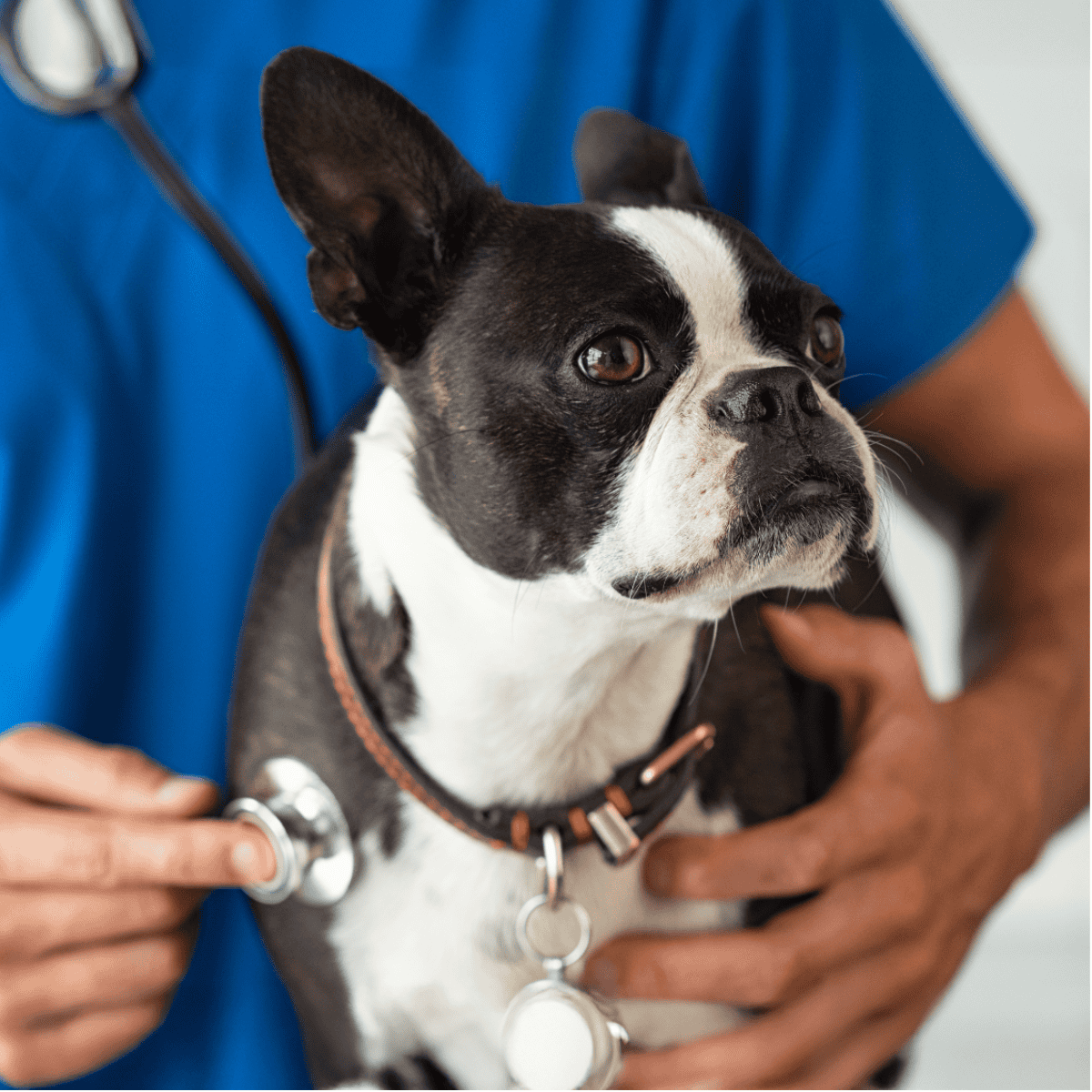
Signs can include fatigue, weakness, or difficulty breathing. Regular veterinary check-ups are important for early detection and management. Medications may help improve heart function and reduce coughing. Monitoring weight and diet also play a role in managing heart health.
Collapsing Trachea

A collapsing trachea happens when a dog’s windpipe becomes weak or flattened. This condition is common in small dog breeds. It causes a dry, honking cough, especially when the dog is excited or pulls on its leash.
Managing Canine Cough Linked to Infections
Supportive Care

Rest, fluid intake, and a good diet are crucial for dogs battling a cough caused by infections. In cases of severe symptoms, cough suppressants might offer relief. Using humidifiers or nebulizers can also be beneficial.
Environmental Adjustments
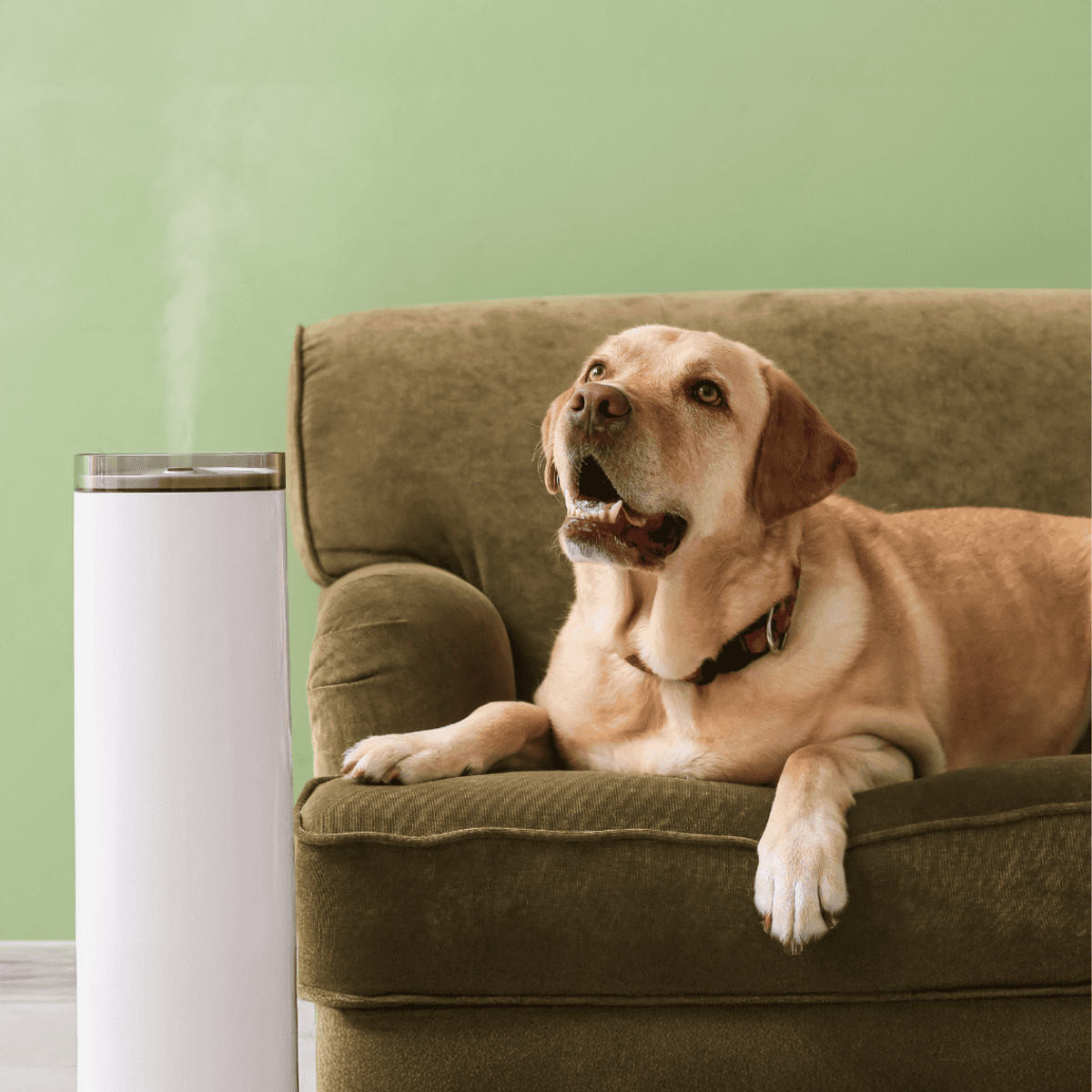
Steps such as avoiding smoking, refraining from aerosol products, steering clear of incense, and using air purifiers may aid recovery.
Medical Treatments
Antibiotics help with bacterial infections but don’t work on viruses, which need to resolve over time. Deworming medications are crucial for parasitic infections. Dogs with severe symptoms may require advanced respiratory support. Discussing immune-boosting supplements with a vet might aid your dog’s recovery process.
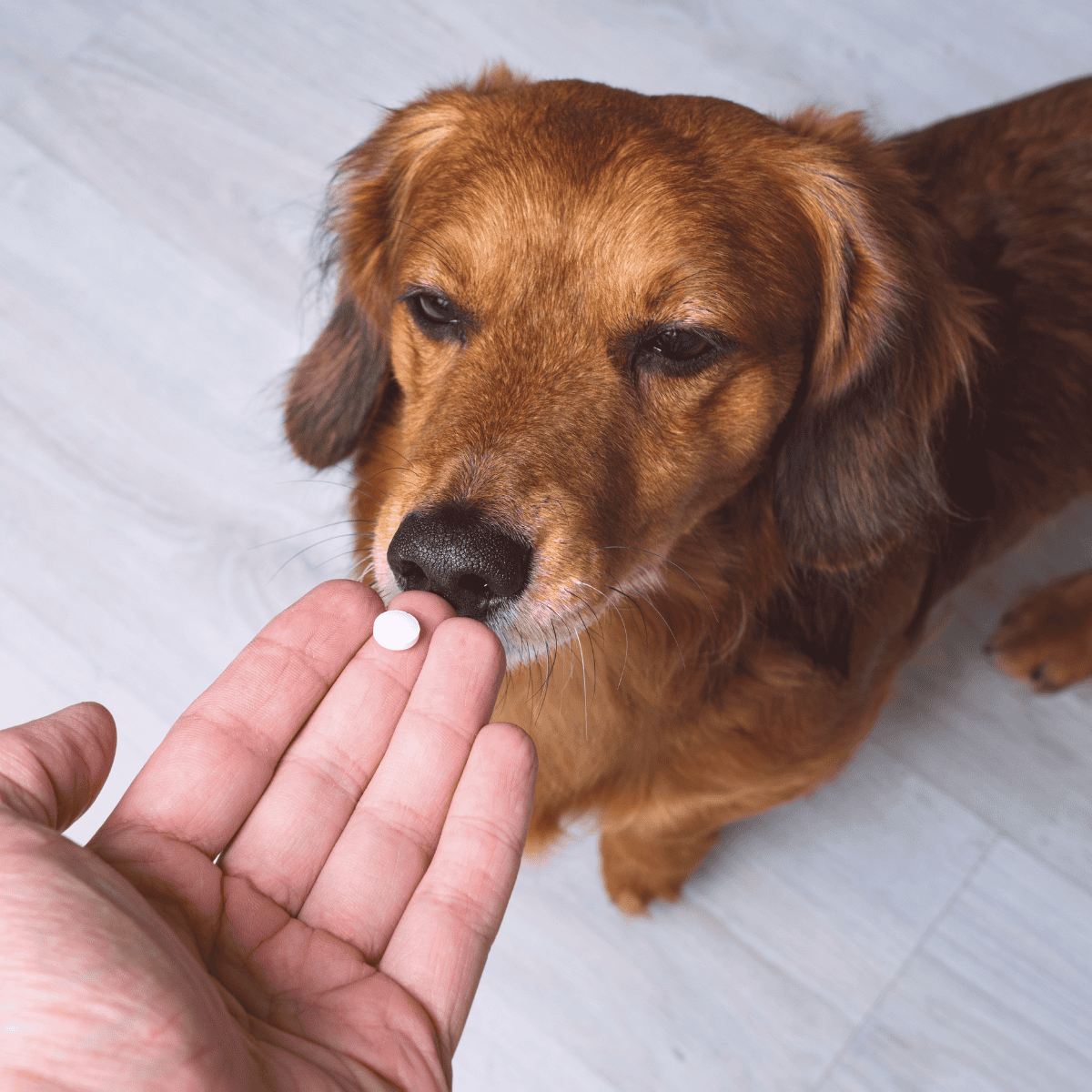
Managing a cough in dogs with long-term airway inflammation often involves medication. Drugs like fluticasone help reduce inflammation, and others such as albuterol or terbutaline open up the airways.
Treatment for Cough Due to Non-infectious Causes
Coughing due to Sensitivities
Managing a dog’s coughing from sensitivities involves figuring out the triggers and adjusting their surroundings. Some of these changes might include using devices that clean and moisten the air and removing certain substances causing reactions.
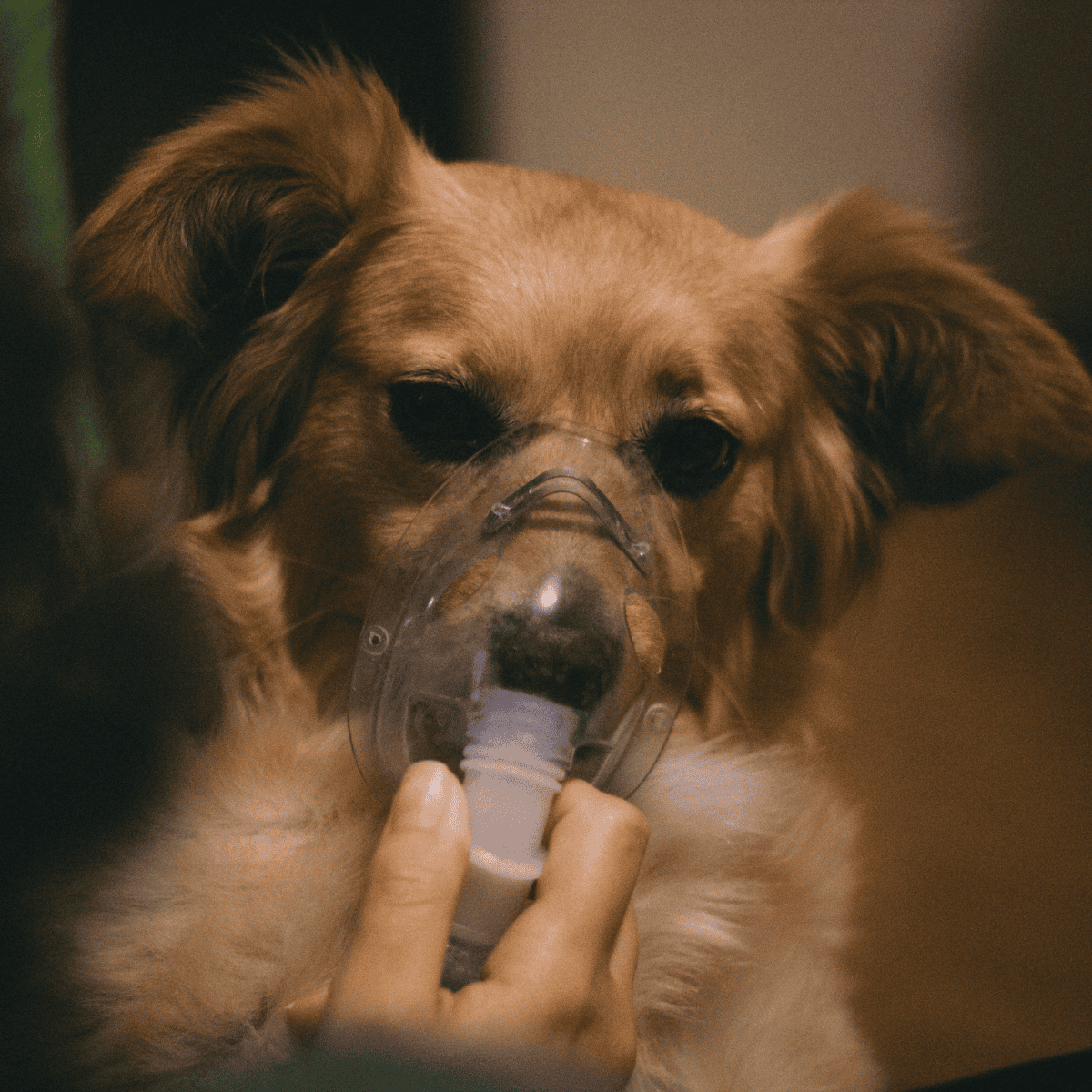
If adjusting the environment isn’t enough, medications can help. Bronchodilators may make breathing easier by widening the airways. Anti-inflammatory drugs, like steroids, can reduce swelling and irritation. When allergies are severe, stronger treatments might be considered.
In cases needing a detailed plan, a visit to the vet will help in selecting the best options for relief and comfort.
Coughing from Reverse Sneezing
Many dog owners confuse reverse sneezing with coughing. Unlike a regular cough, a reverse sneeze often occurs in groups. It can be caused by things like irritation from post nasal drip, strange objects, inflammation, or even parasites affecting the back of the nasal passages.

Usually, occasional reverse sneezes aren’t a problem. If these sneezes happen a lot or if there are signs like nasal discharge or changes in how the dog’s face looks, it’s best to visit a veterinarian.
Cough with Heart Issues in Dogs
Treatment depends on the heart condition affecting the dog. Vets may suggest drugs to help the heart work better and balance blood pressure. These might be ACE inhibitors, or diuretics.
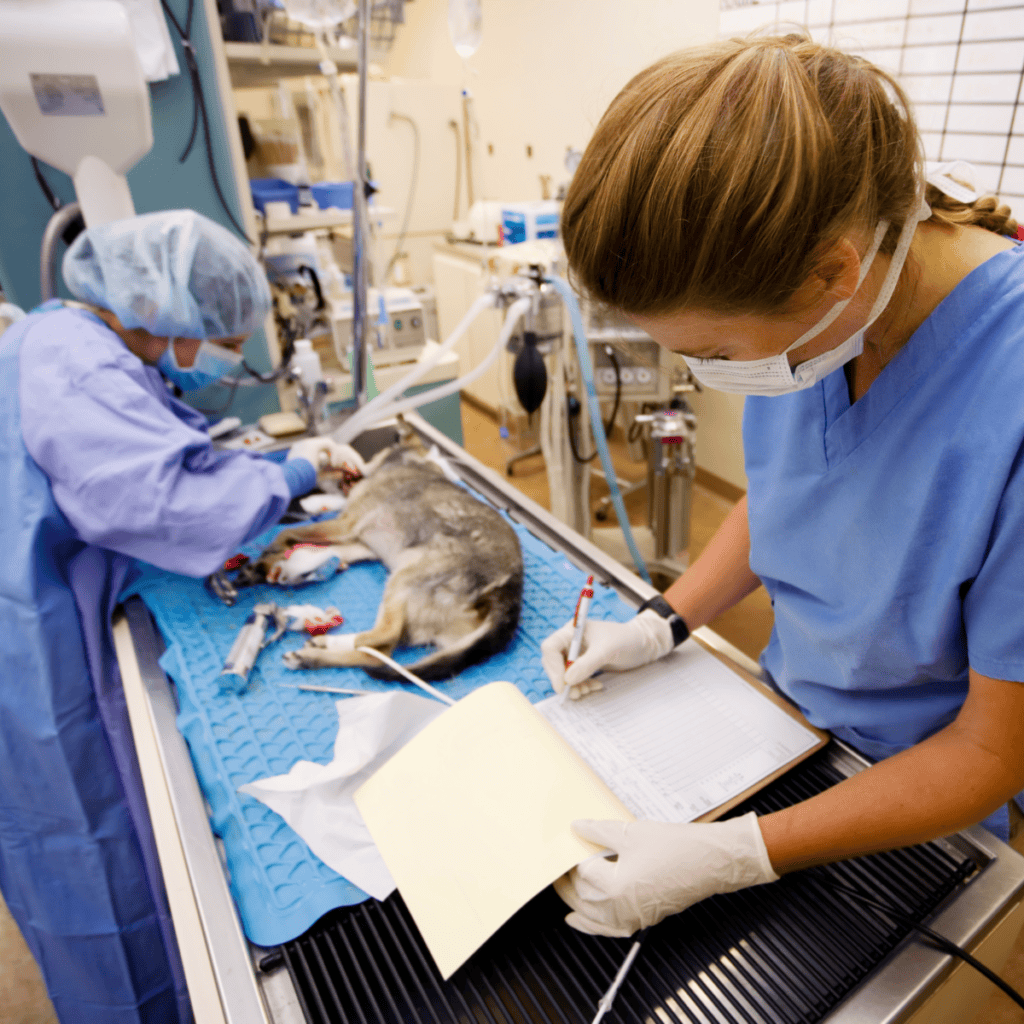
Some situations might need more than medication. Options like surgery or using a pacemaker can be considered when suitable. It is important to follow the vet’s recommendations to maintain the dog’s health and ease symptoms.
Dog Cough from a Weakening Windpipe
Dogs with a weakening windpipe may benefit from medications. These medications can help widen the air passages, reduce swelling, lessen coughs, and fight other infections. Tools like humidifiers or nebulizers might also help.

It’s important to consider changes at home, like not smoking, avoiding aerosol cleaners, and not using incense. An air purifier can also make a big difference.
Other causes for coughing
High Lung Blood Pressure
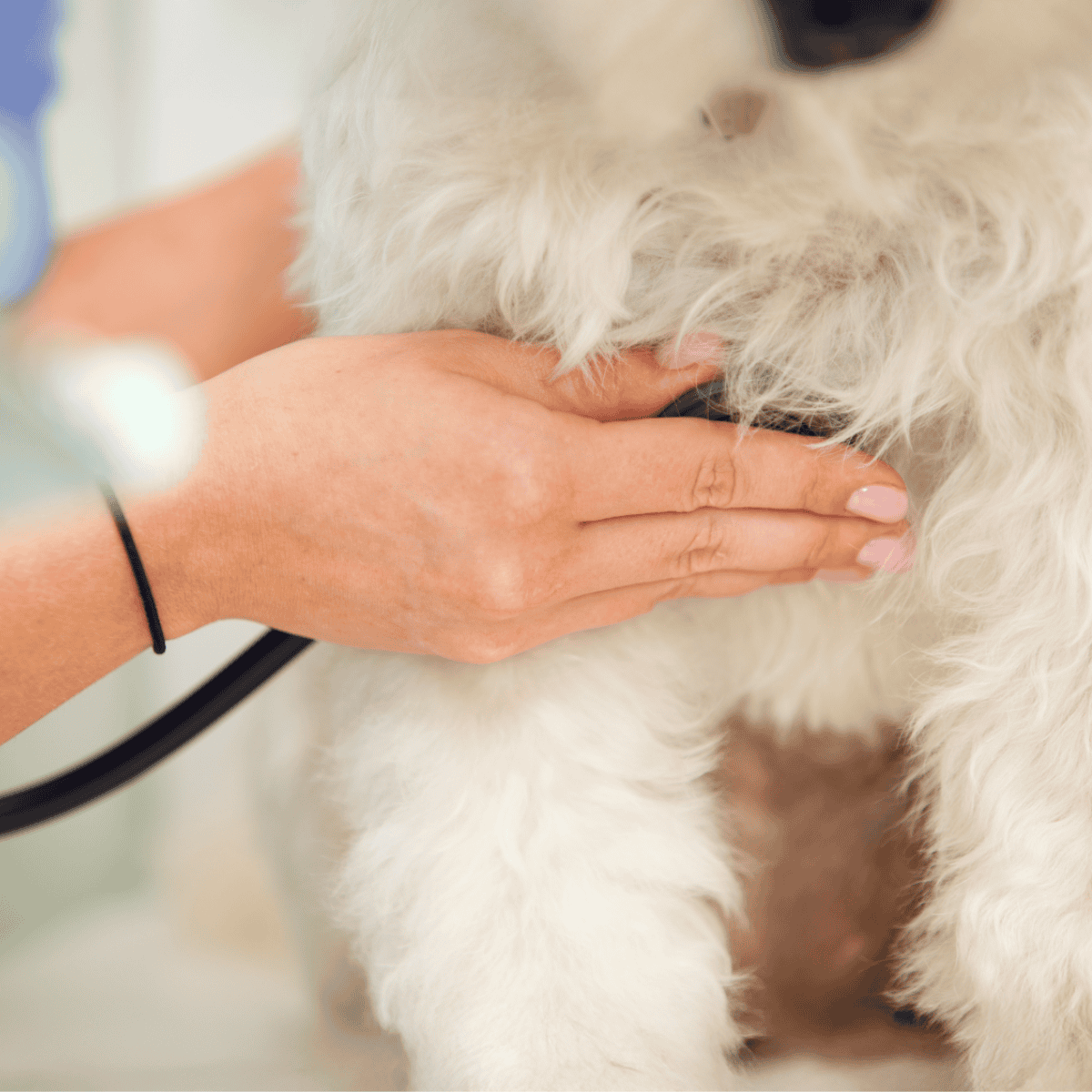
High lung blood pressure is confirmed using an echocardiogram, which is a heart ultrasound that checks the pressure in the pulmonary artery. The goal of treatment is to manage symptoms, as it often can’t be cured completely. In many cases, dogs will need to stay on medication for the rest of their lives.
Heartworm Infection
Heartworms are spread by mosquitoes, which pick up the larvae from an infected dog and transfer them to another dog. The larvae travel to the heart and lungs, where they develop into adult parasites resembling thin noodles. The presence of these parasites can cause inflammation, leading to coughing and severe heart and lung issues.
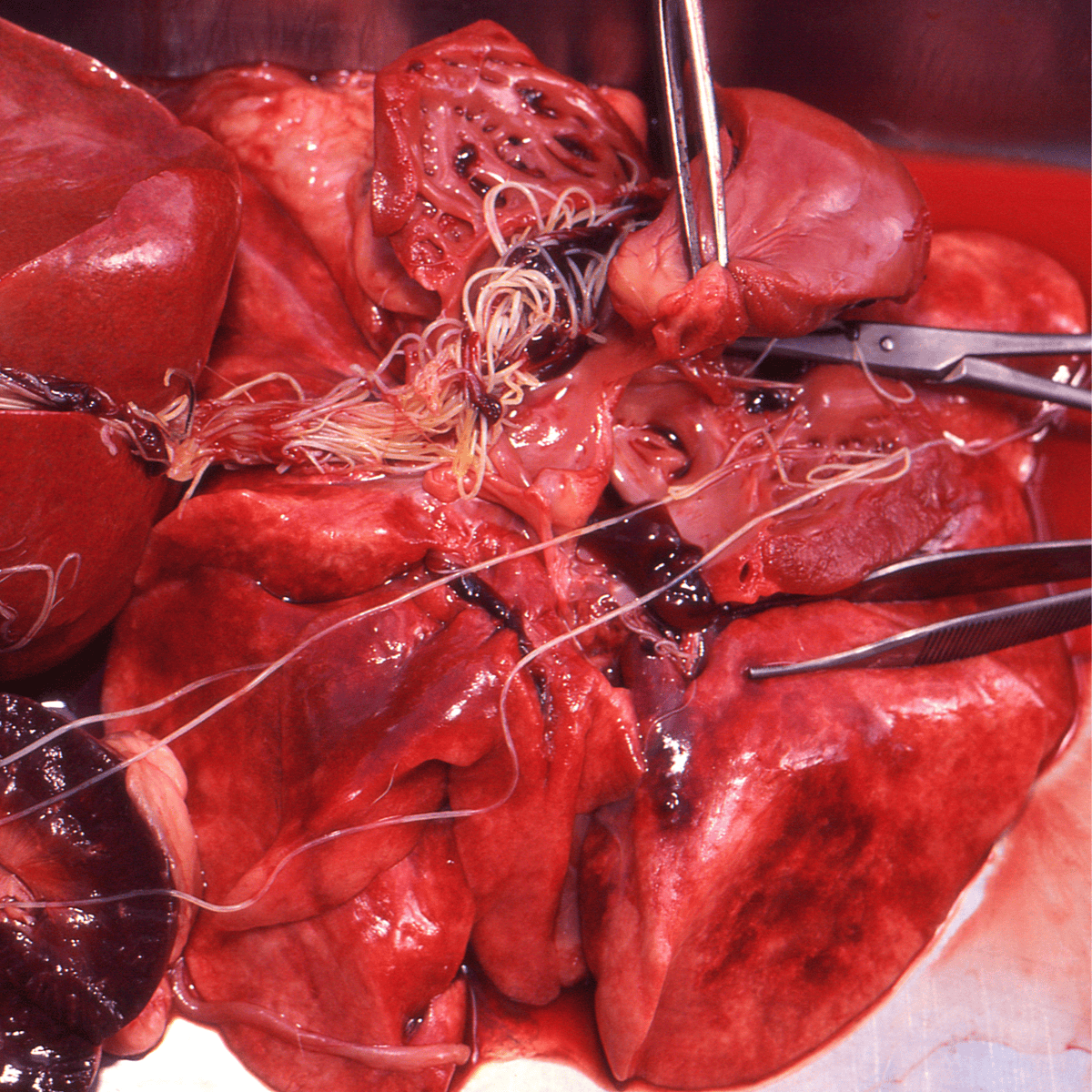
Medications that stop heartworm infections are very safe and work well. If a dog gets infected because it isn’t on these medications, treating the infection can be lengthy and expensive. This treatment might include painful injections and can last for six months or more. Giving dogs preventive medicine is the best way to avoid the risk of heartworms.
Foreign Objects Stuck in the Throat/Airways

Dogs sometimes breathe in things that get trapped in their airways. Their body reacts by coughing to remove it. If coughing doesn’t work, a veterinarian may need to take out the object using special tools like an endoscope or by performing surgery.
Dog Cough from Laryngeal Weakness
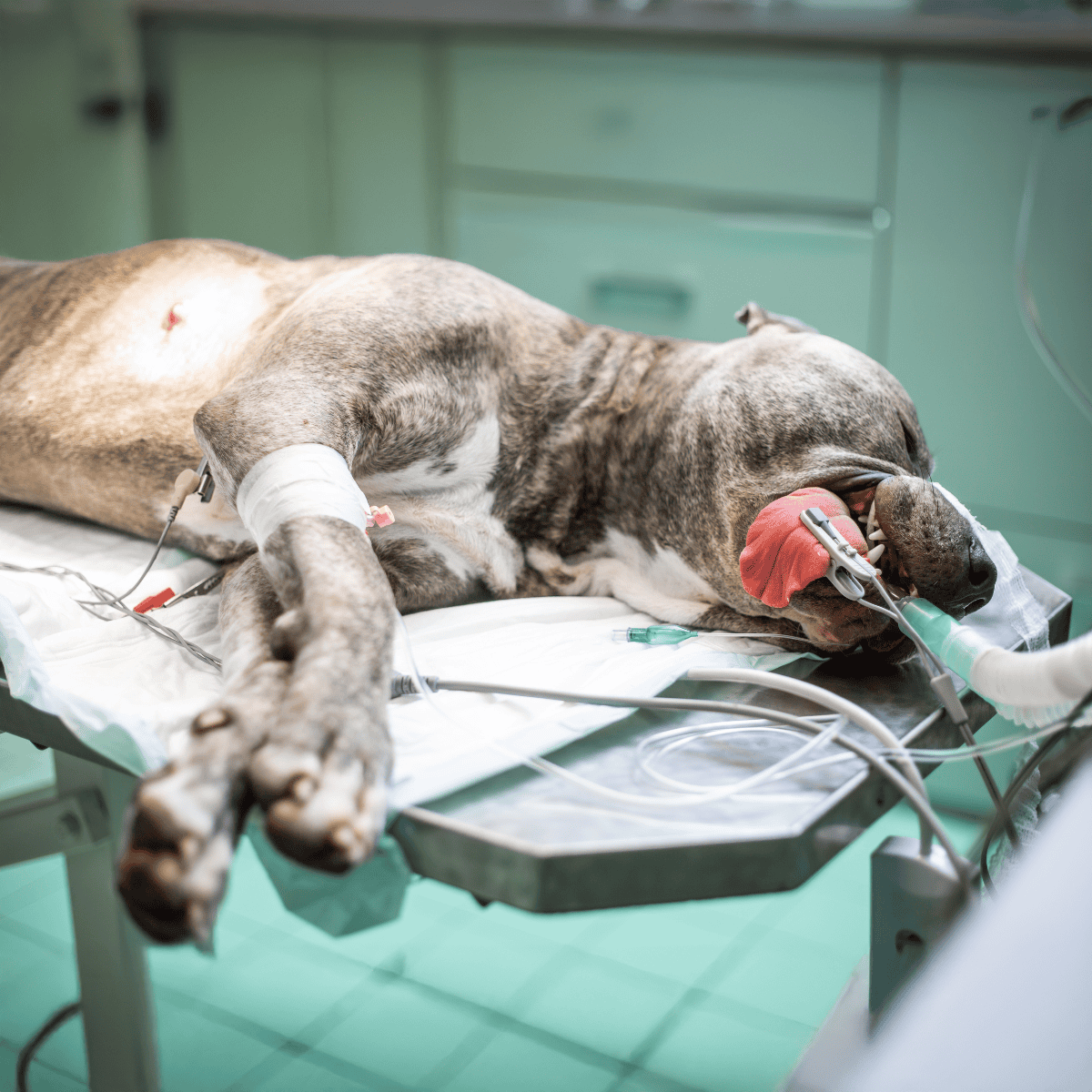
Dogs experiencing laryngeal weakness face difficulty opening their airways properly due to the loss of nerve function. This causes their cough, along with other breathing problems. A surgical procedure that permanently opens one side of the larynx often provides relief by improving airflow. However, it carries the risk of aspiration pneumonia.
This new health concern can also lead to coughing in affected dogs. Despite the benefits, the decision to pursue surgery involves considering these potential risks.
Canine Cough Linked to Cancer
Coughing might be one of the first signs seen when a dog has cancer affecting the lungs, respiratory system, heart, or nearby tissues. Recognizing these symptoms can be crucial for early intervention and care.
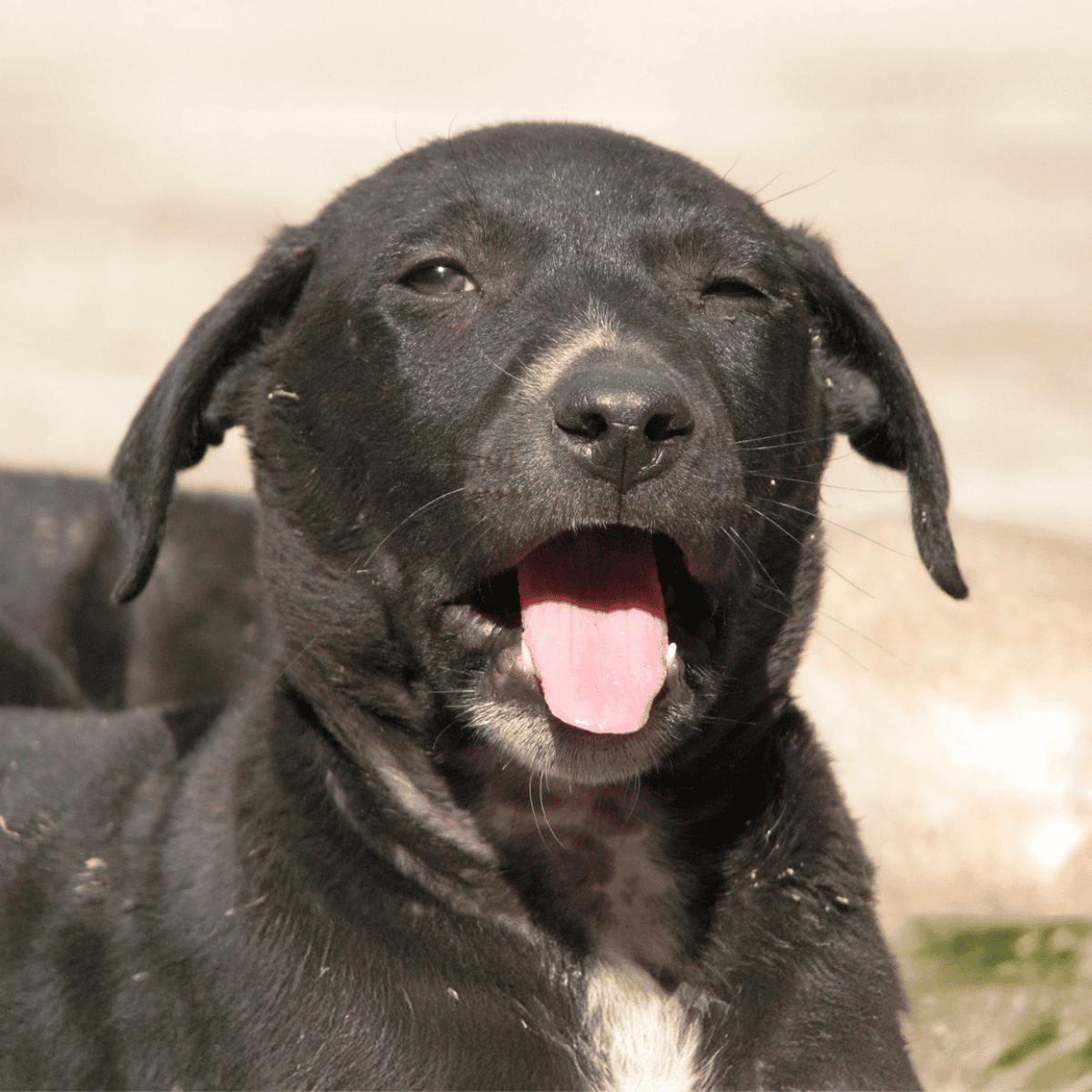
Treating a dog’s cough from cancer involves understanding the specific cancer type and stage. Possible methods include surgery, chemotherapy, radiation therapy, or supportive care to manage symptoms.
Immediate Relief and First Aid
Dogs can experience coughing for many reasons. It’s important to know how to provide immediate relief at home and recognize when it’s time to consult a vet. Both approaches can help ease a dog’s discomfort and address any potential underlying problems.
Home Remedies
Home remedies can often provide quick relief for a coughing dog. Humidifiers are helpful as they add moisture to the air and can soothe a dog’s throat. This is particularly useful for dry, persistent coughs. Also owners should remember to keep their dog away from smoke, dust, or any allergens that may trigger or worsen the symptoms.
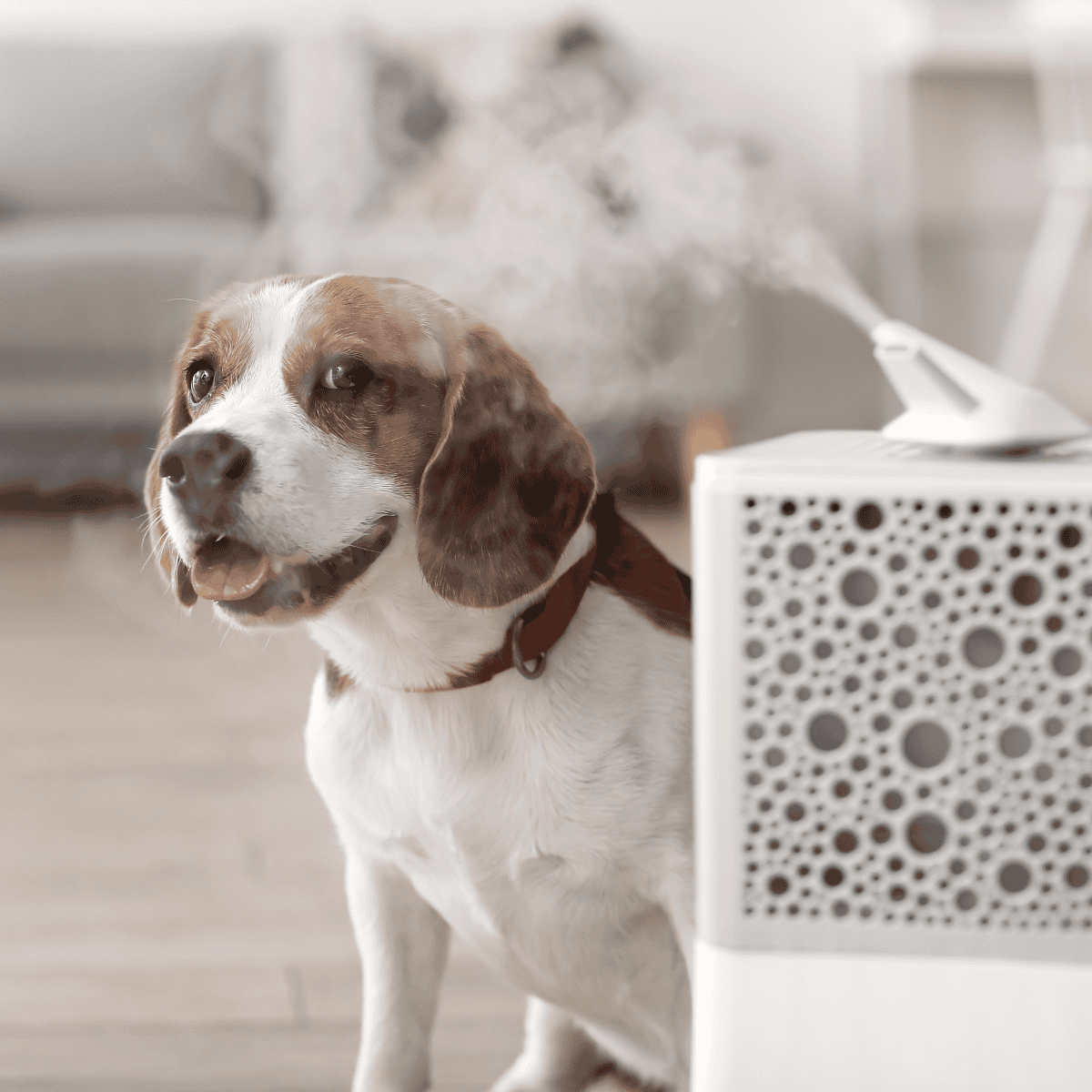
Honey is another option; a small spoonful can coat the throat and ease a cough. It’s important to ensure the honey is pure and safe for dogs. Encouraging the dog to rest is crucial. Limit activities that may worsen the cough. Offer water frequently, but in small amounts, as hydration is key.
When to See a Vet
There are times when a vet’s care is necessary. If a dog’s cough lasts more than a few days or is paired with other symptoms like difficulty breathing, appetite loss, or lethargy, professional help is warranted.
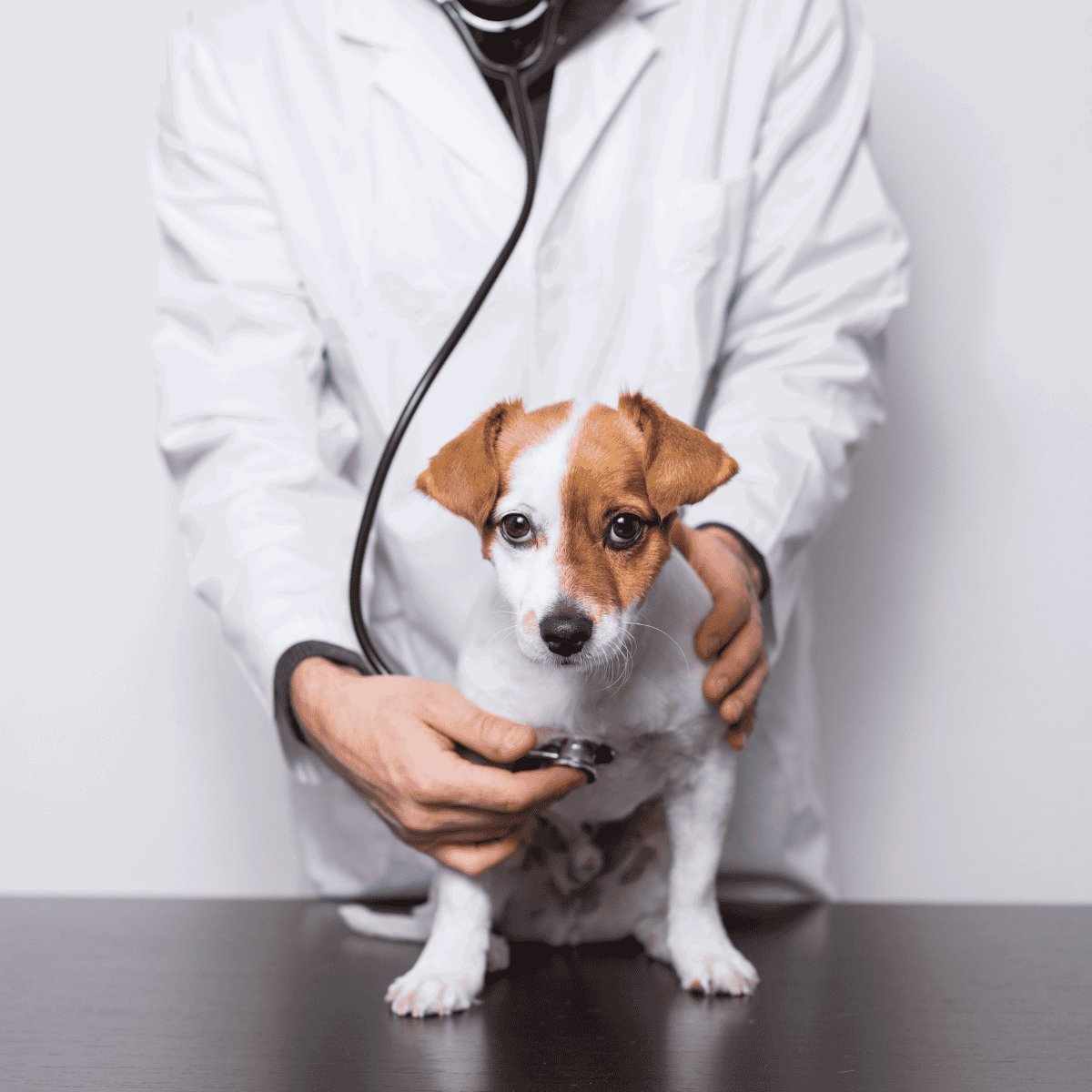
Coughing could signal serious issues like infections, heart problems, or foreign objects lodged in the throat. Additionally, if there is any blood in the cough or the dog is wheezing, it’s important to seek veterinary care immediately.
A vet can perform tests to determine the cause and recommend the appropriate treatment and medication. Regular check-ups can also prevent future issues or identify potential problems early.
How Veterinarians Identify Causes of Coughing in Dogs
To pinpoint why a dog is coughing, veterinarians start by gathering information. They inquire about the dog’s medical history, travel experiences, and any preventive measures taken. They also ask when the coughing began and note any changes over time. This information helps in forming an initial idea about the dog’s condition.
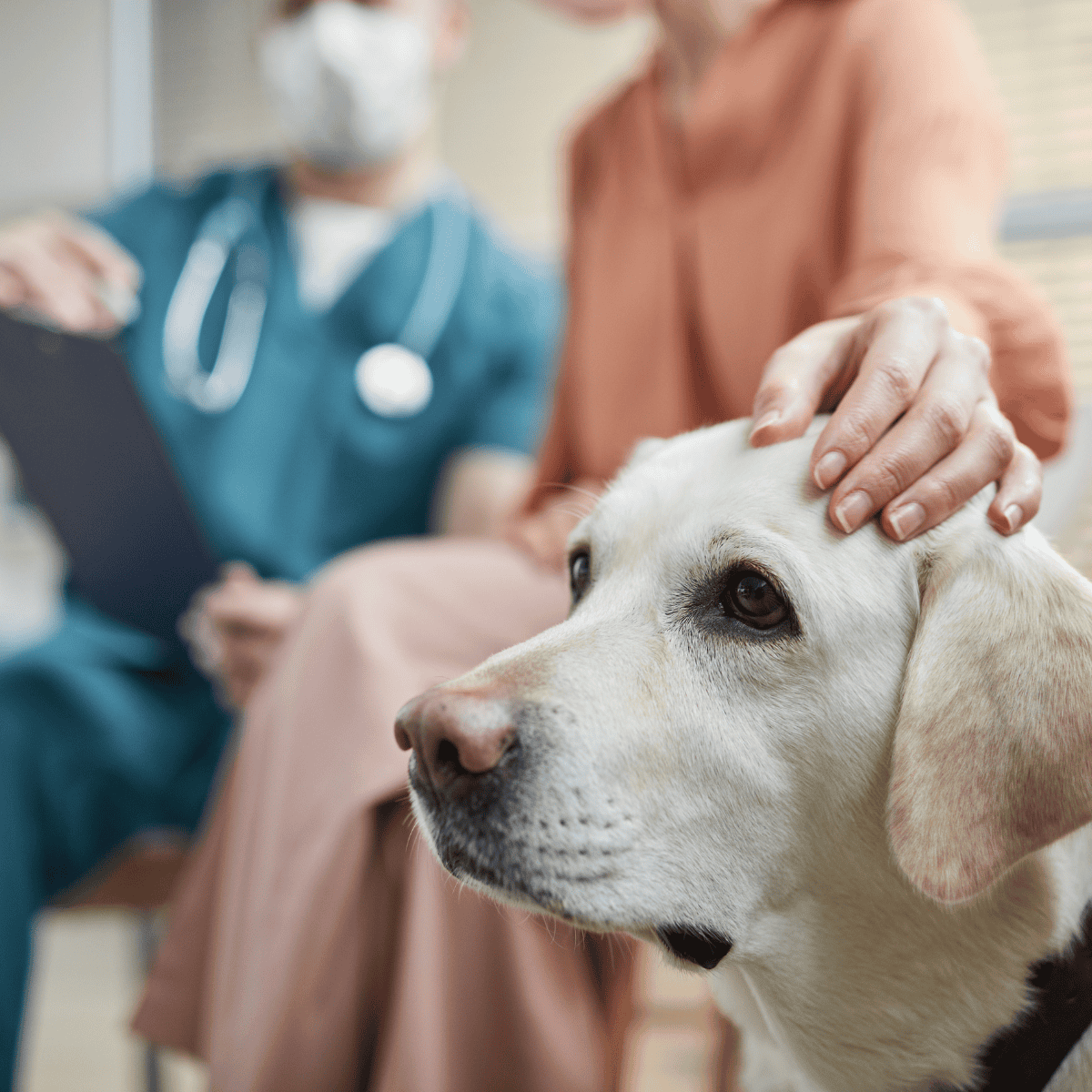
Next, a physical examination is conducted. While this step can sometimes hint at a possible cause, additional tests are often necessary to confirm the exact problem. The vet uses a range of diagnostic tools tailored to the dog’s specific needs.
Blood Tests

A blood chemistry panel and complete blood count can reveal underlying health conditions. This is a routine test that determines red and white blood cell counts. It will give the veterinarian insight into whether your dog might be fighting off an infection or other diseases.
Imaging and Heart Function
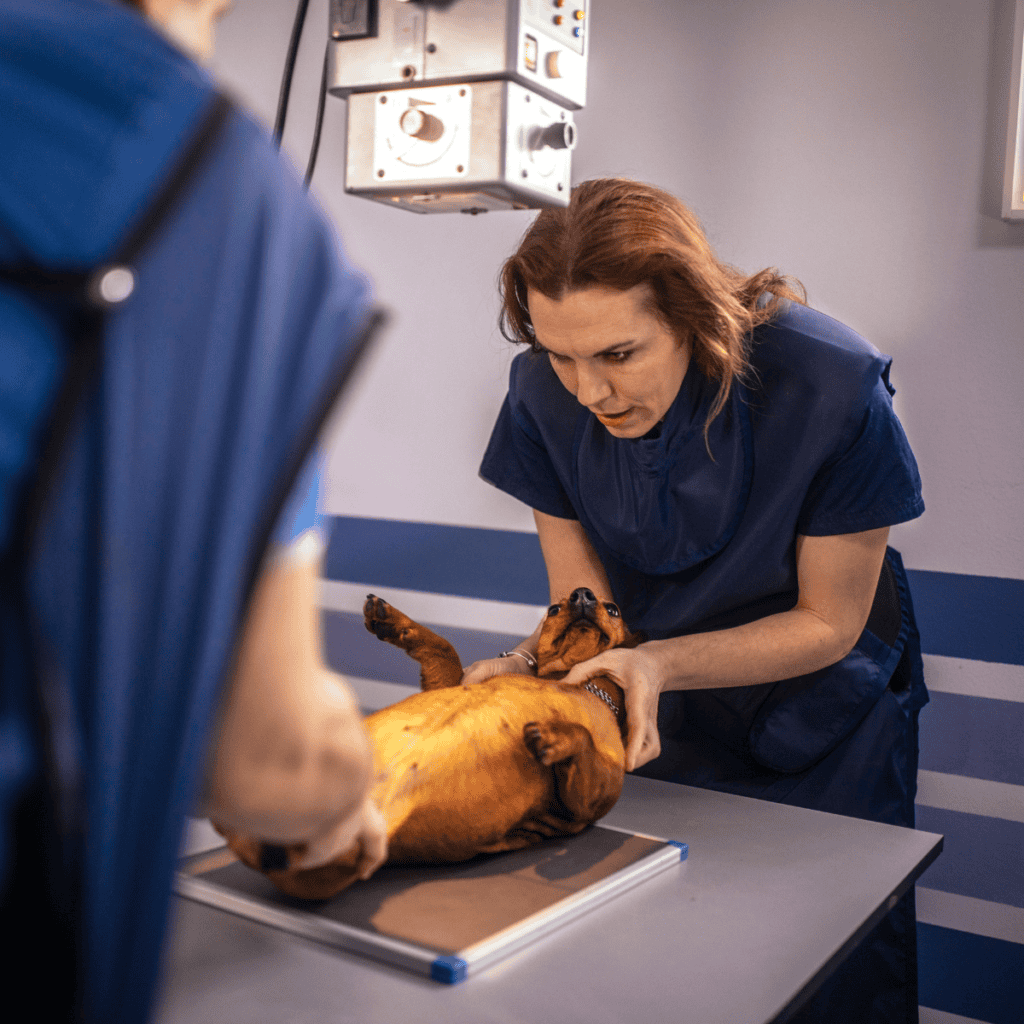
Chest X-rays, echocardiography, blood pressure measurement, and ECG are used to assess the heart and chest. It will show the appearance of internal organs and will allow the vet to see if there are any structural abnormalities, such as enlargement of the organs.
Fluid and Internal Examinations
Fluid samples from airways, upper gastrointestinal endoscopy, and bronchoscopy allow close inspection of the lungs and digestive tract.
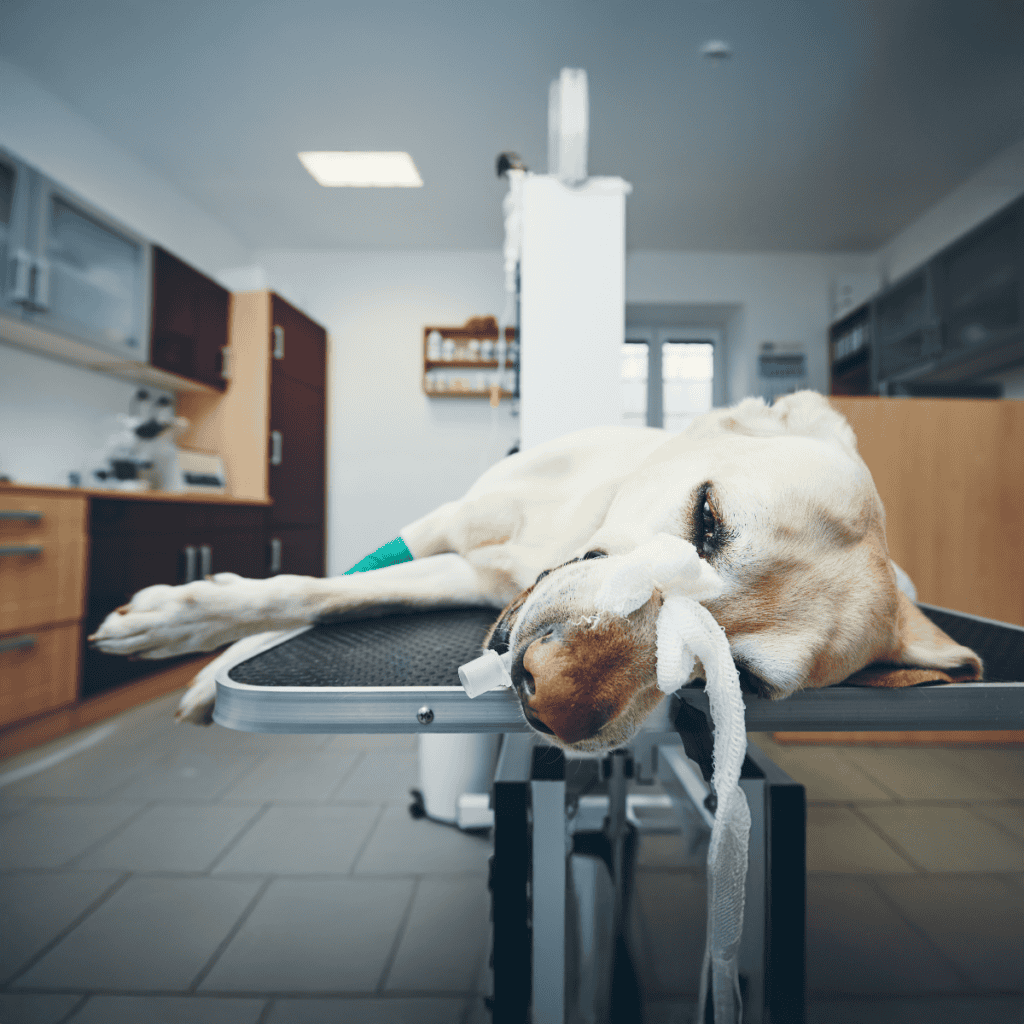
Following these assessments, the veterinarian creates a treatment plan that addresses the root cause of the coughing.
Professional Treatment Options
Dogs may need different treatments for coughing, including medications, surgery, or alternative therapies. Choosing the right approach often depends on the cause and the severity of the condition. Consulting a veterinarian for a diagnosis is crucial.
Medications
Medications are often the first step in treating a dog’s cough. Vets may prescribe antibiotics if the cough is due to a bacterial infection. Antihistamines can help if allergies are causing the problem, reducing inflammation and easing symptoms. Bronchodilators may be used for dogs with bronchitis, helping open the airways.
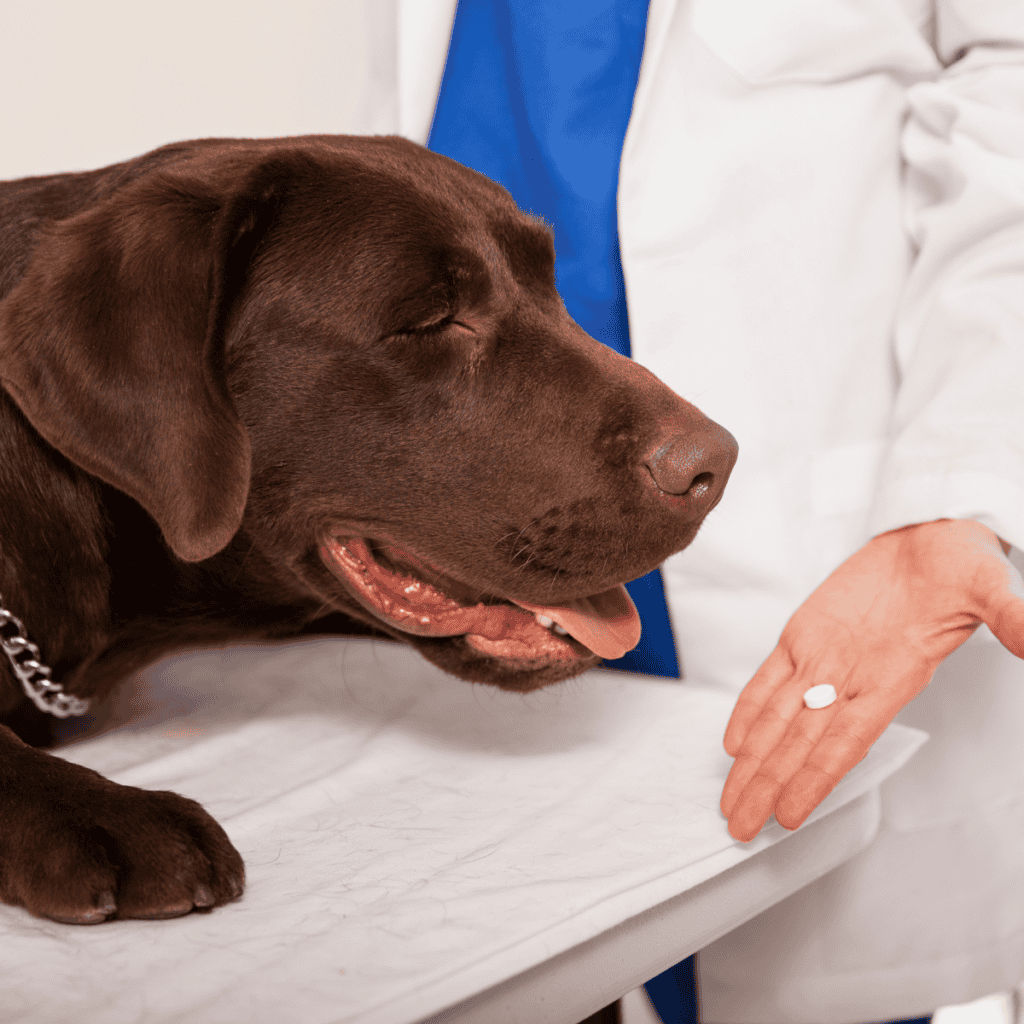
Steroids might be recommended for inflammatory issues. These can quickly reduce swelling in the airways. Cough suppressants are sometimes prescribed, but only when the cough is non-productive.
Medications usually work best when combined with lifestyle changes. Keeping the dog’s environment dust-free and avoiding smoke can improve recovery. Regular vet check-ups help monitor how well these treatments are working.
Surgery
In severe cases, surgery may be needed to address the cause of a dog’s cough. It is considered when the cough is linked to structural issues such as collapsing trachea or tumors. Surgery can help by removing obstructions or supporting weak areas in the airways.
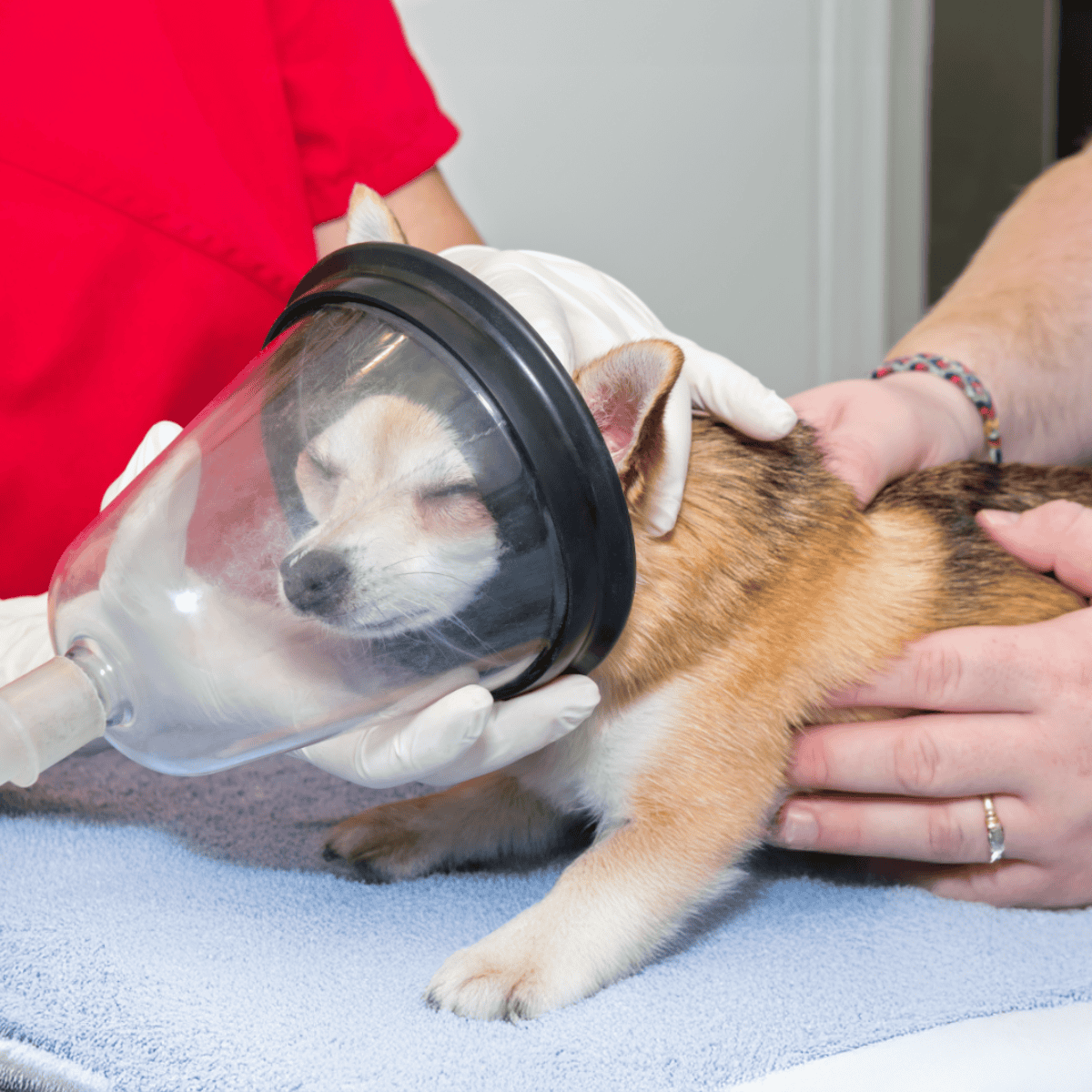
Surgical options vary depending on the condition. For a collapsing trachea, a vet might suggest a tracheal stent, which supports the airway and eases breathing. Tumors often require excision if they are causing discomfort or blocking airflow.
Recovery time from surgery can be significant. Pain management and monitoring for complications are essential. Follow the vet’s instructions closely to ensure a successful recovery.
Alternative Therapies
Some pet owners choose alternative therapies to complement traditional treatment. Herbal remedies, such as licorice root and marshmallow, known for their soothing properties, are sometimes used. Acupuncture might also help, as it is believed to improve circulation and reduce inflammation in dogs with chronic conditions.
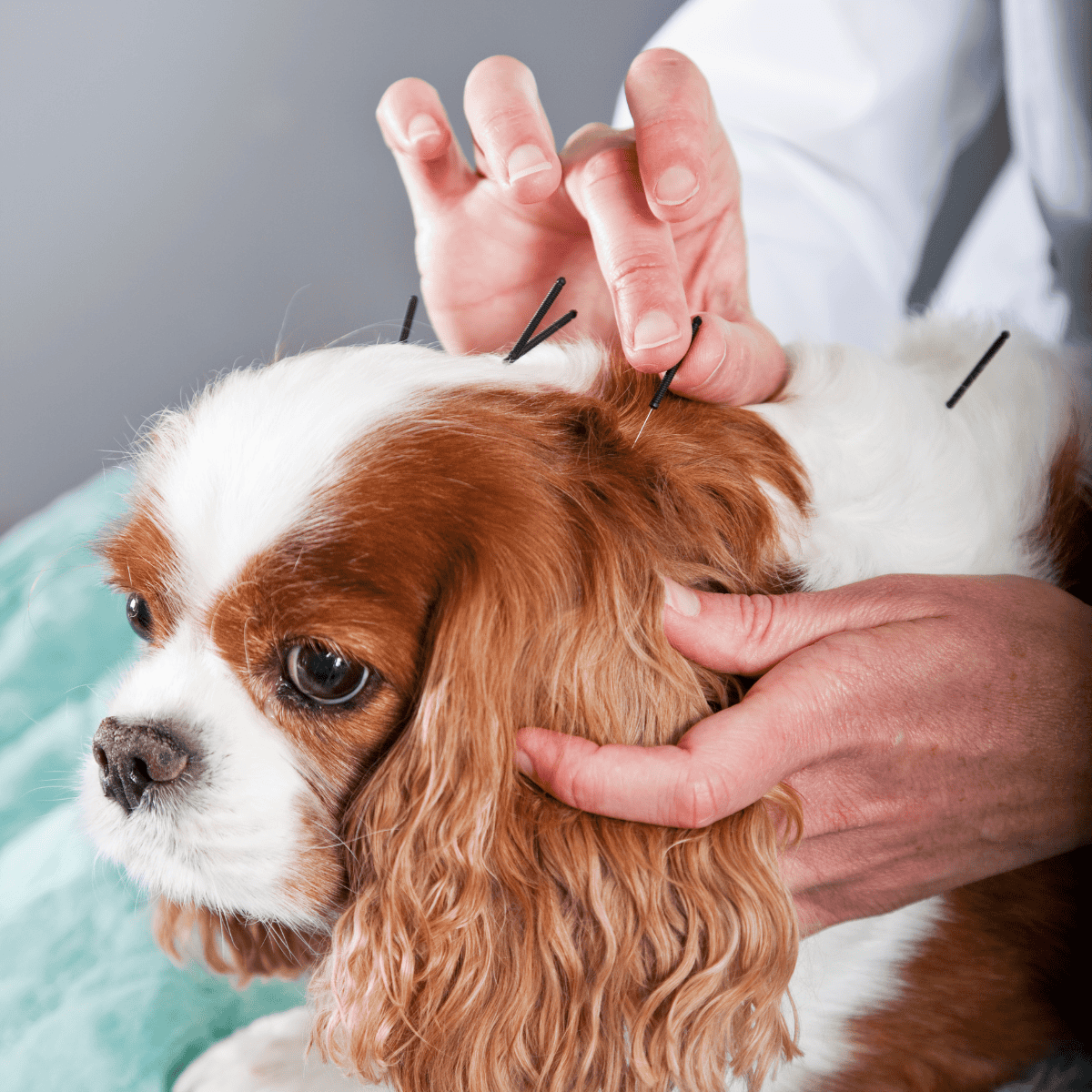
Another option is chiropractic care. This can align a dog’s spine, potentially easing respiratory issues. However, owners should ensure that they work with qualified practitioners to avoid harm.
Alternative therapies are not substitutes for professional vet care. Consult with a certified veterinarian before starting any new treatment. These options are most effective when used with standard medical care.
Prevention Strategies
Ensuring your dog stays healthy involves regular vet visits, keeping vaccinations up to date, and balancing their diet and exercise. Good practices can help reduce the risk of coughing by addressing the common causes early and effectively.
Vaccination and Prophylaxis
Regular vaccinations are crucial to keeping dogs healthy. They protect against diseases like kennel cough, which can cause coughing. It’s important to follow a vaccination schedule and ensure booster shots are given when required.
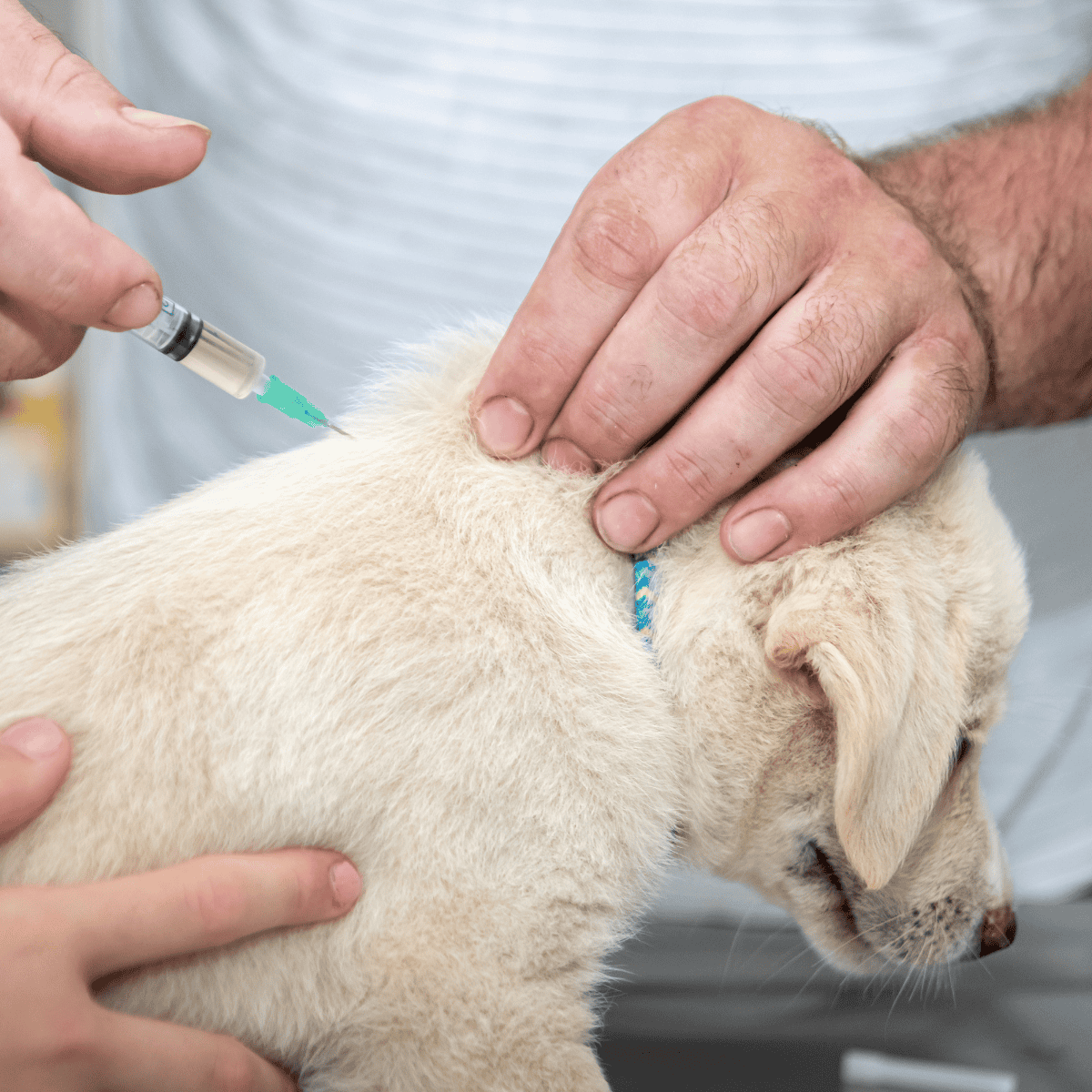
Prophylaxis, such as heartworm prevention, also plays a key role. Heartworms can lead to coughing if not prevented. Using prescribed medications regularly can help. Consult with a vet to create the best plan for your dog, which should include checks for contagious diseases. Maintaining good hygiene in your dog’s living environment is also recommended.
Diet and Exercise
A balanced diet keeps a dog’s immune system strong. Proper nutrition should include proteins, fats, vitamins, and minerals. Maintaining a healthy weight is important as obesity can increase respiratory issues. Regular feeding schedules help manage weight and nutrition effectively.
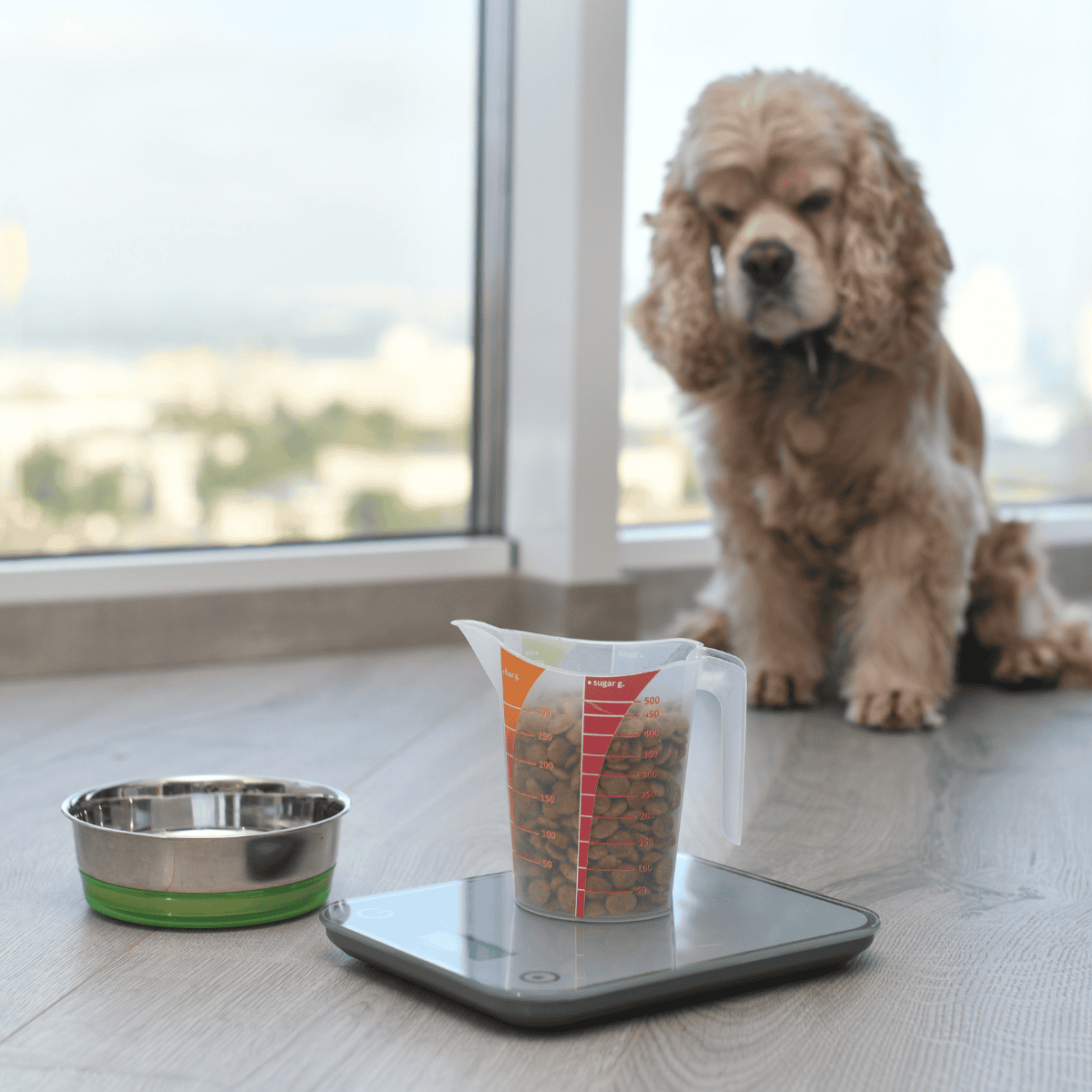
Exercise supports a healthy respiratory system. Your dog should have daily walks or play sessions. Choose activities that match your dog’s energy and breed characteristics. Ensuring your dog gets enough exercise will help keep it fit and less prone to conditions that cause coughing.
Impact of Lifestyle
A dog’s lifestyle can greatly affect its risk of coughing. Whether a dog lives indoors or outdoors its level of physical activity can influence its respiratory health.
Indoor vs Outdoor Dogs
Living Environment

Indoor dogs might have fewer chances of inhaling irritants found outside, like pollen and dust. Yet, they can still be exposed to smoke or chemicals indoors, which may lead to coughing.
Allergies and Pollution
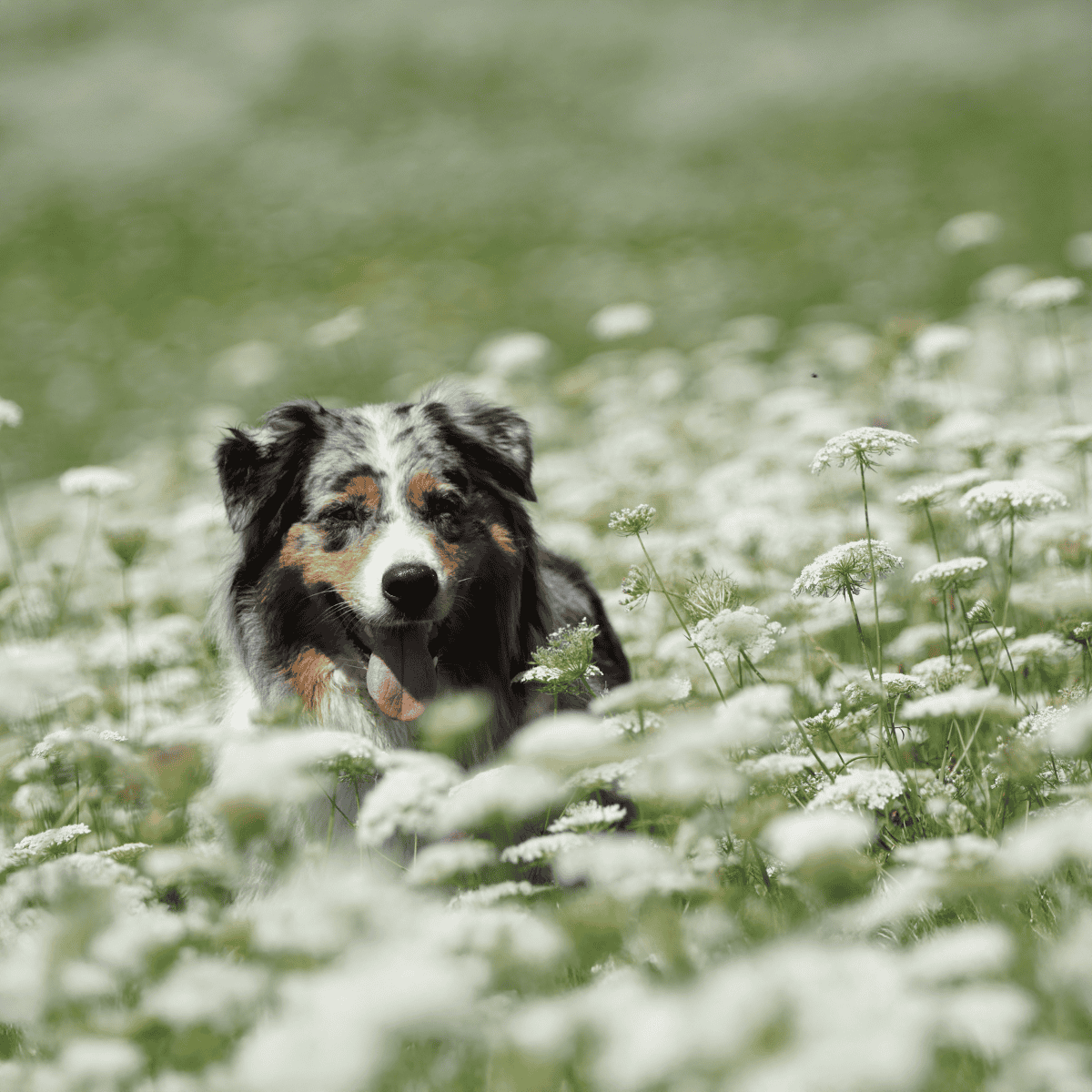
Outdoor dogs have more exposure to allergens and pollution. Their risk of developing respiratory problems may be higher, especially in cities. Seasonal changes can also bring about different allergens, affecting how often they cough.
Temperature Fluctuations

Dogs that spend a lot of time outside might face rapid temperature changes. Cold air can irritate their airways, triggering coughs. Proper shelter and care are essential for their health.
Exercise and Activity Level
Benefits of Exercise
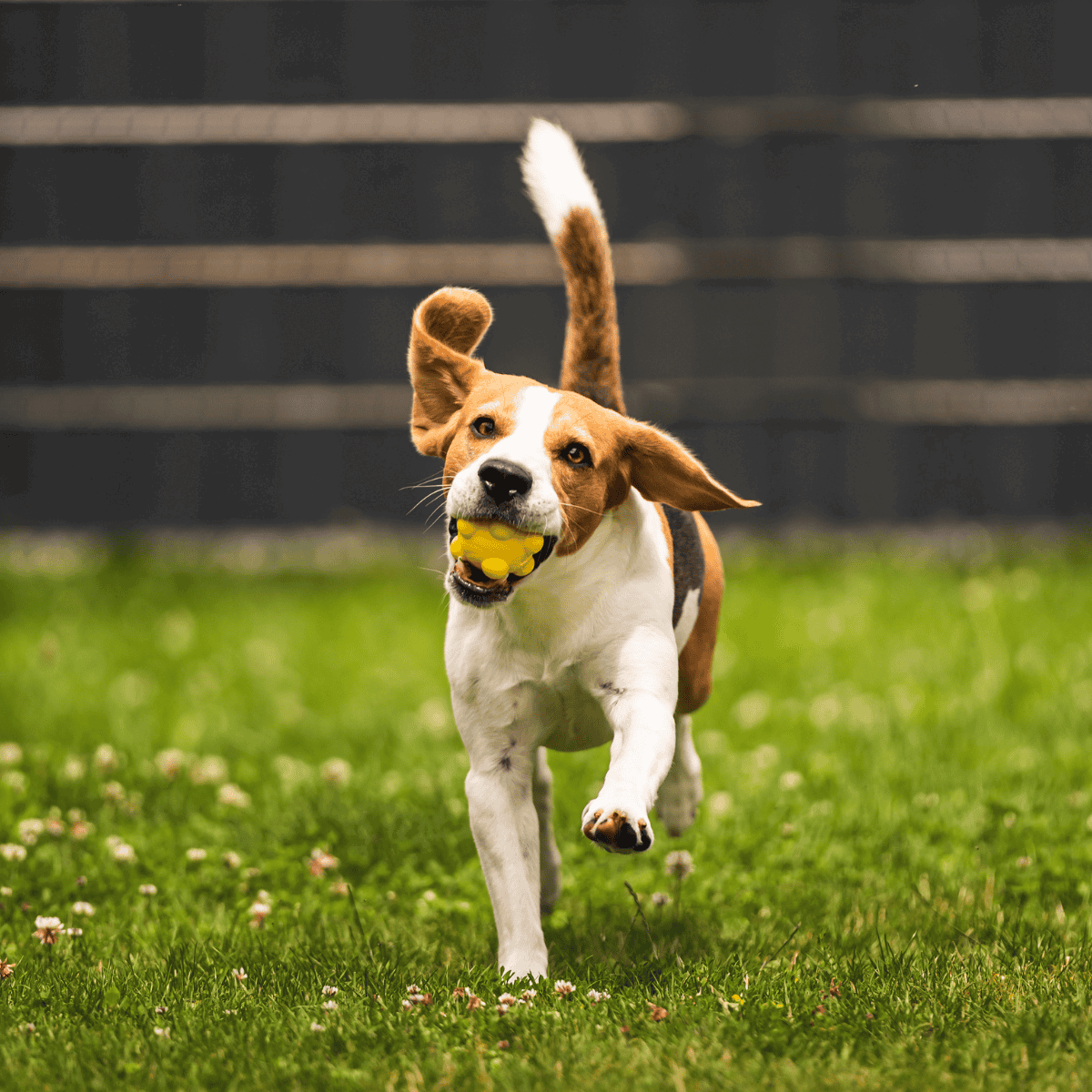
Regular exercise keeps a dog healthy and can improve lung function. Active dogs may have stronger respiratory systems. Puppies and young dogs, in particular, often benefit from daily activities.
Overexertion Risks
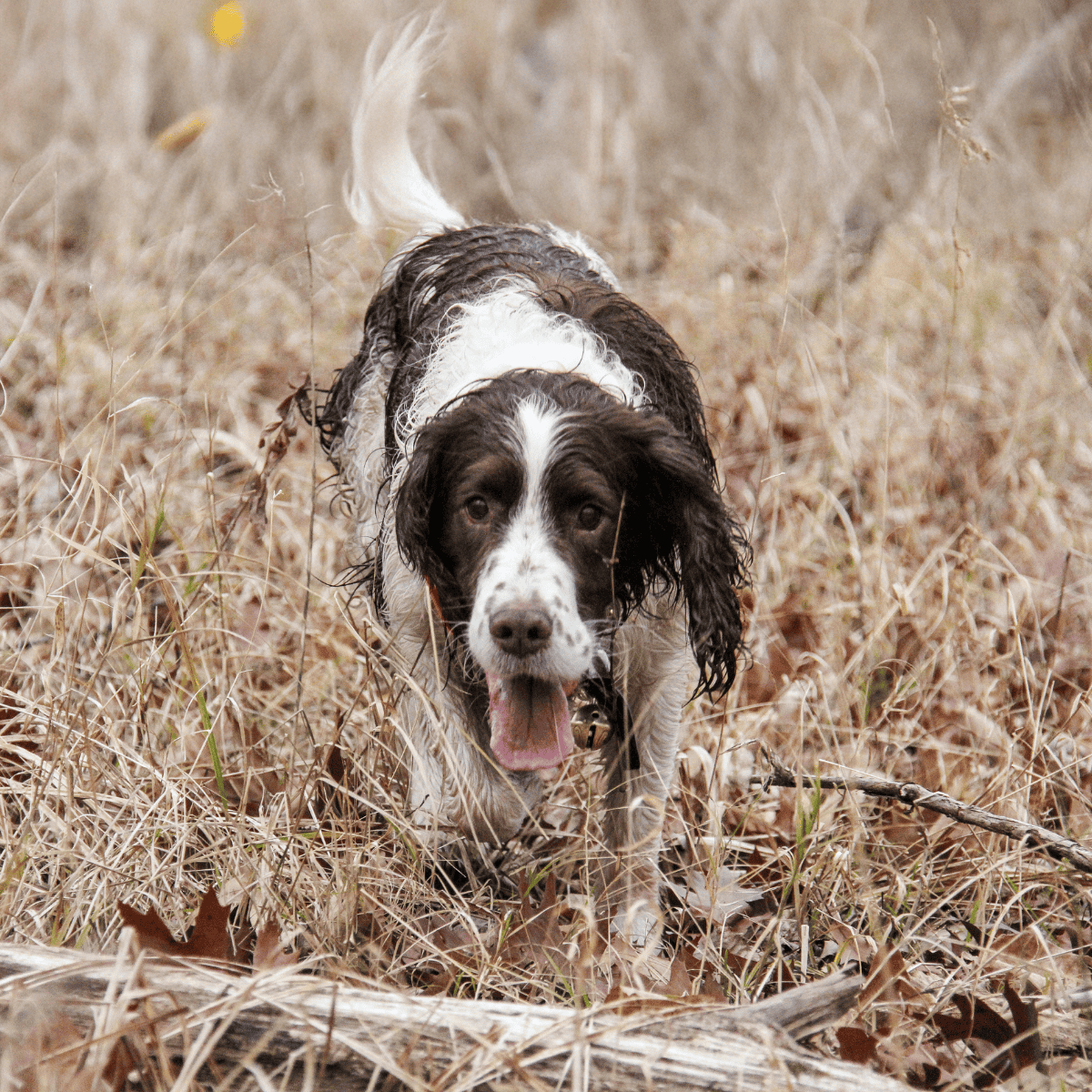
Too much activity, though, can lead to respiratory distress. Signs include heavy panting and coughing. It’s vital to monitor a dog’s activity and adjust according to its breed and age.
Rest and Recovery

Adequate rest is as important as exercise. Overworked dogs might develop fatigue-related coughing. Balancing activity with periods of rest helps maintain a dog’s overall well-being and respiratory health.
Monitoring and Long-Term Care
Regular vet visits and managing chronic conditions are essential to keeping a dog healthy. Symptoms should be tracked and a care plan tailored to the dog’s needs followed.
Follow-Up Visits
Regular follow-up visits with a vet help ensure the dog’s condition is under control. These visits allow the vet to adjust treatments, check for new symptoms, and provide advice. Veterinary check-ups might be more frequent if the dog is on medication or has a serious condition.
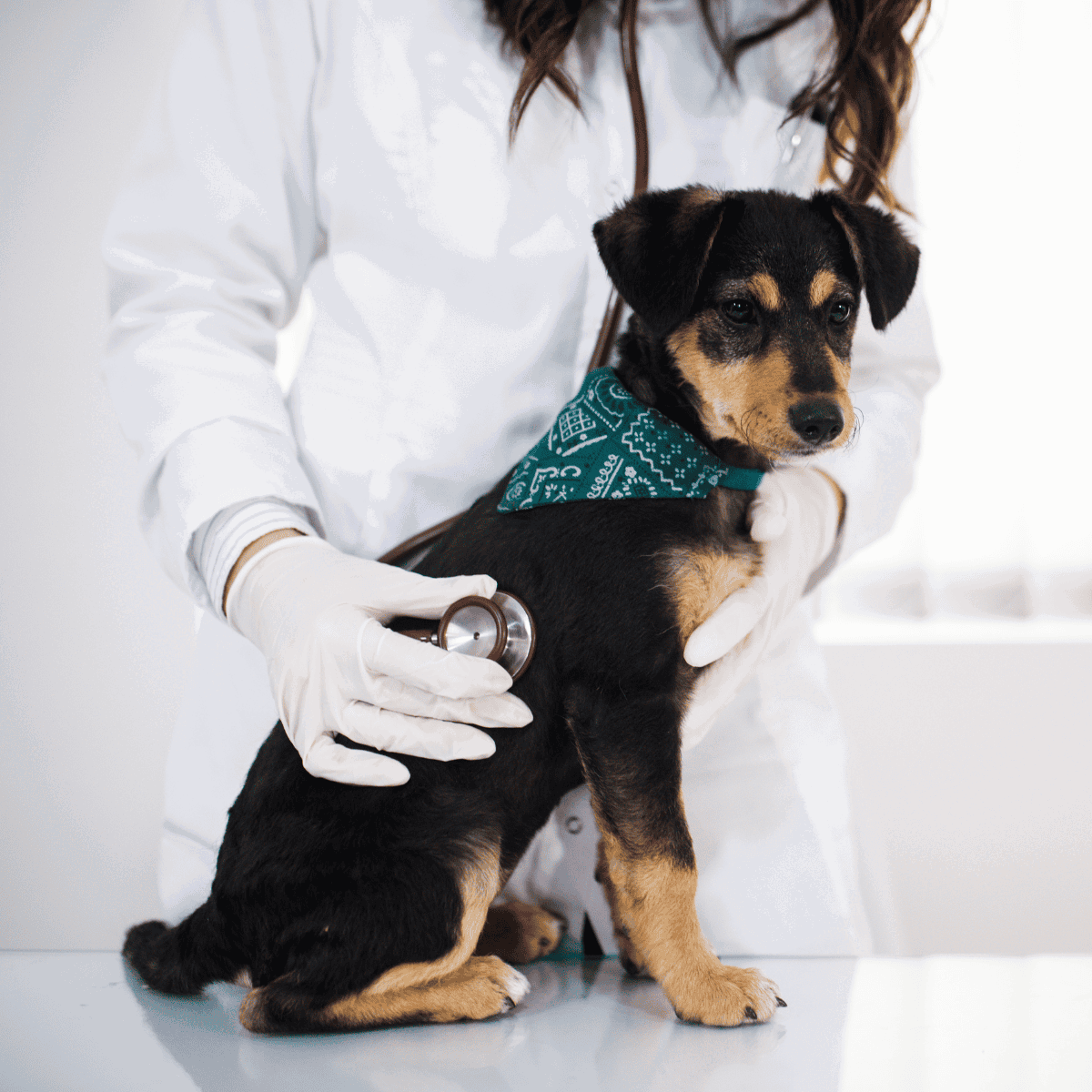
During follow-ups, owners should communicate any changes in behaviour or health. Weight changes, energy levels, and eating habits are all important details to discuss. It helps the vet to pinpoint any new issues. Keeping a log of symptoms can be useful during these visits, offering a clear picture of the dog’s health over time.
Chronic Conditions Management
For dogs with chronic conditions, consistent management is crucial. This might include medications, diet changes, or specific exercises. Owners should create a routine to minimize stress on the dog. Routine helps the dog feel secure and can improve their health.
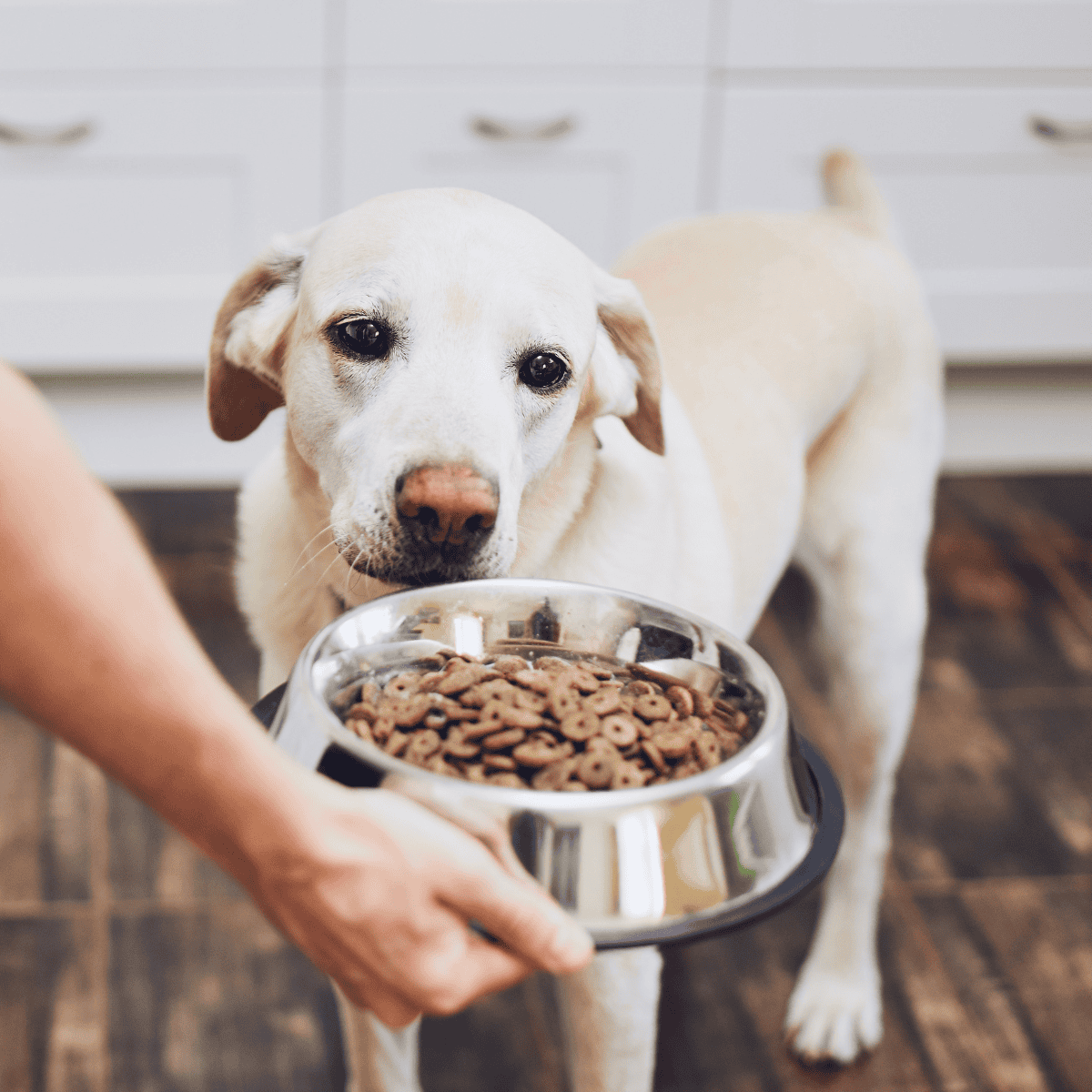
Depending on the condition, dietary adjustments may be needed. Some dogs may require low-sodium or high-fiber food. Consulting with the vet about diet changes ensures that the dog meets its nutritional needs.
Medications may be necessary for long-term care. It is critical to administer them as prescribed by the vet. Missing doses can lead to complications, making it harder to manage the condition effectively. Using reminders can help maintain this routine.
